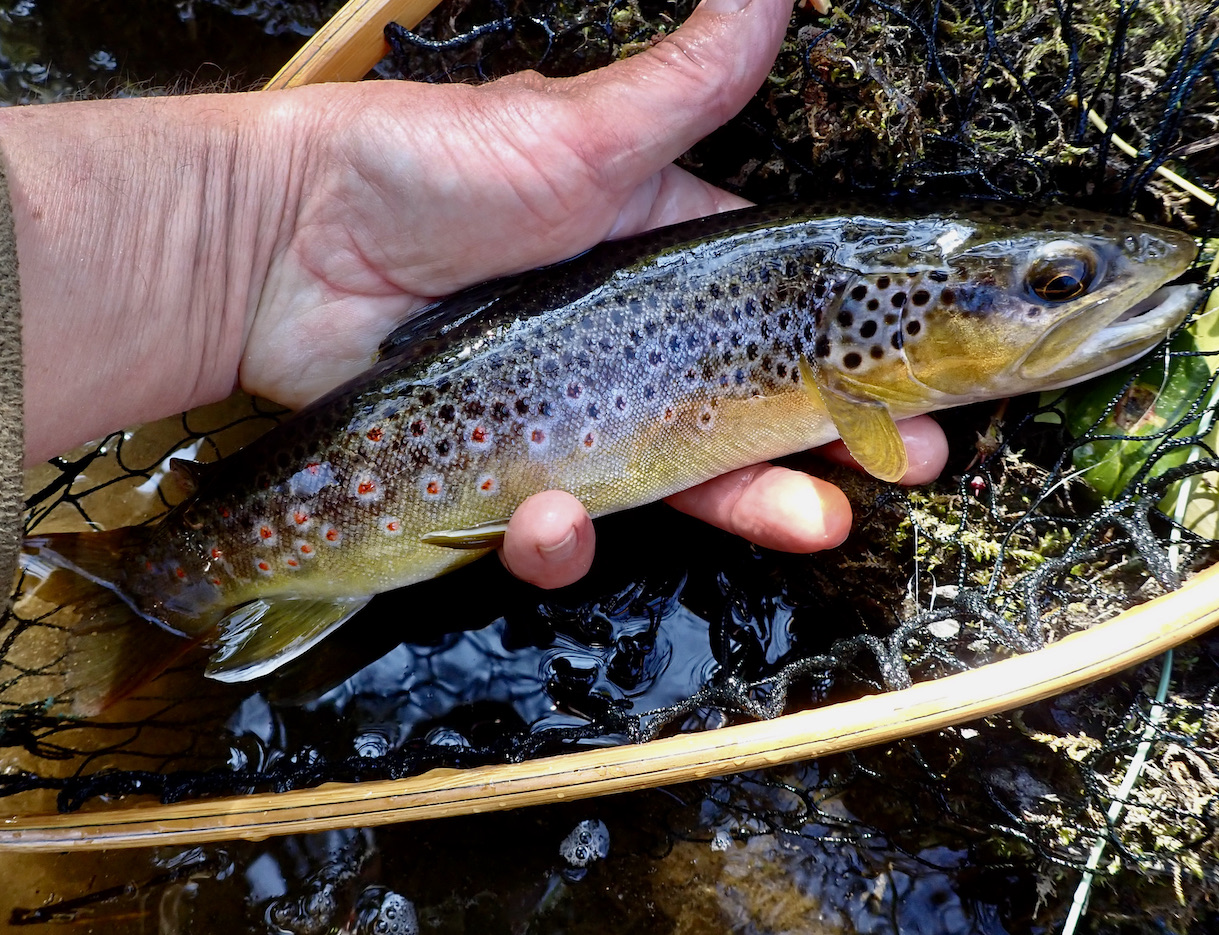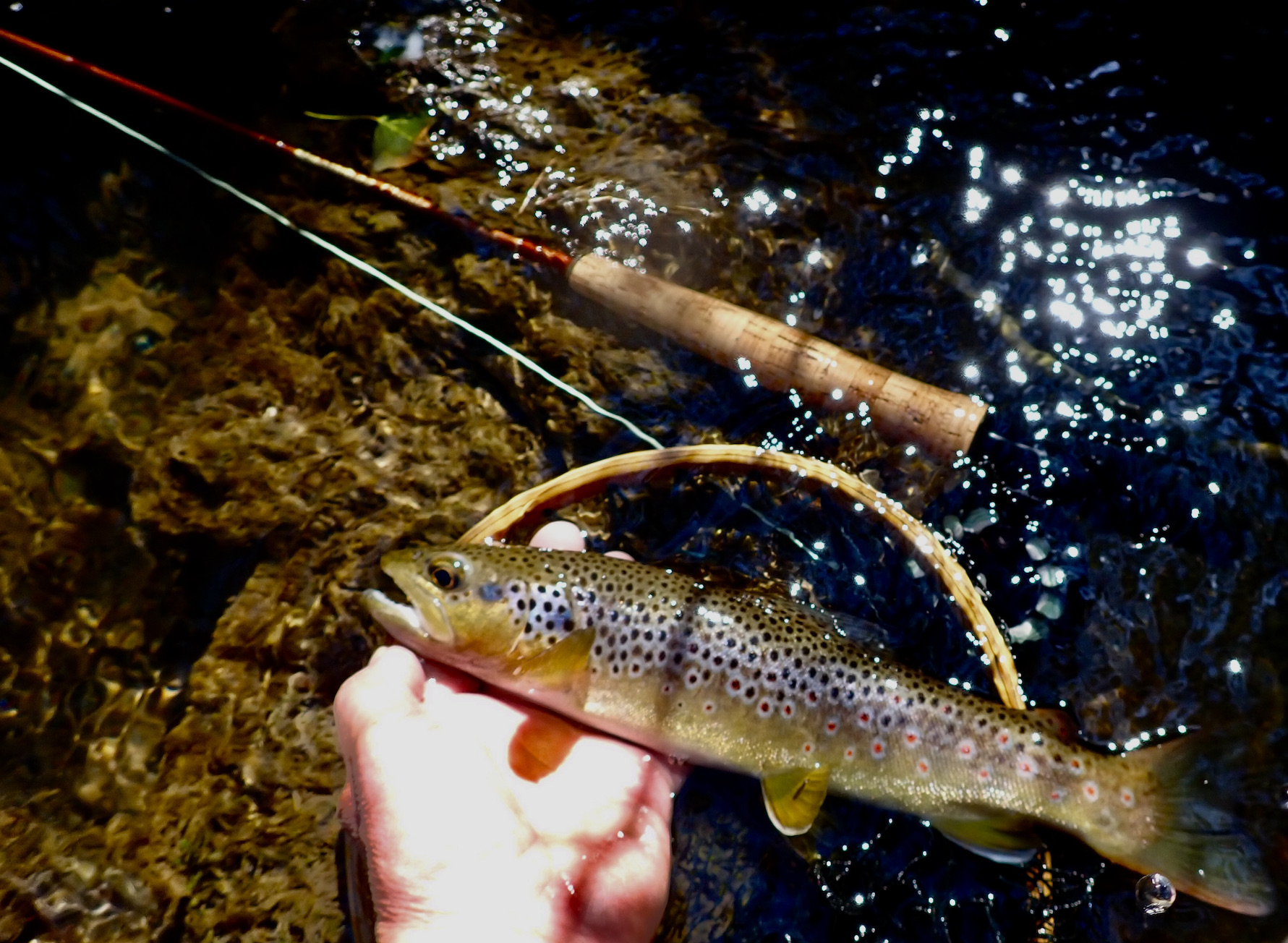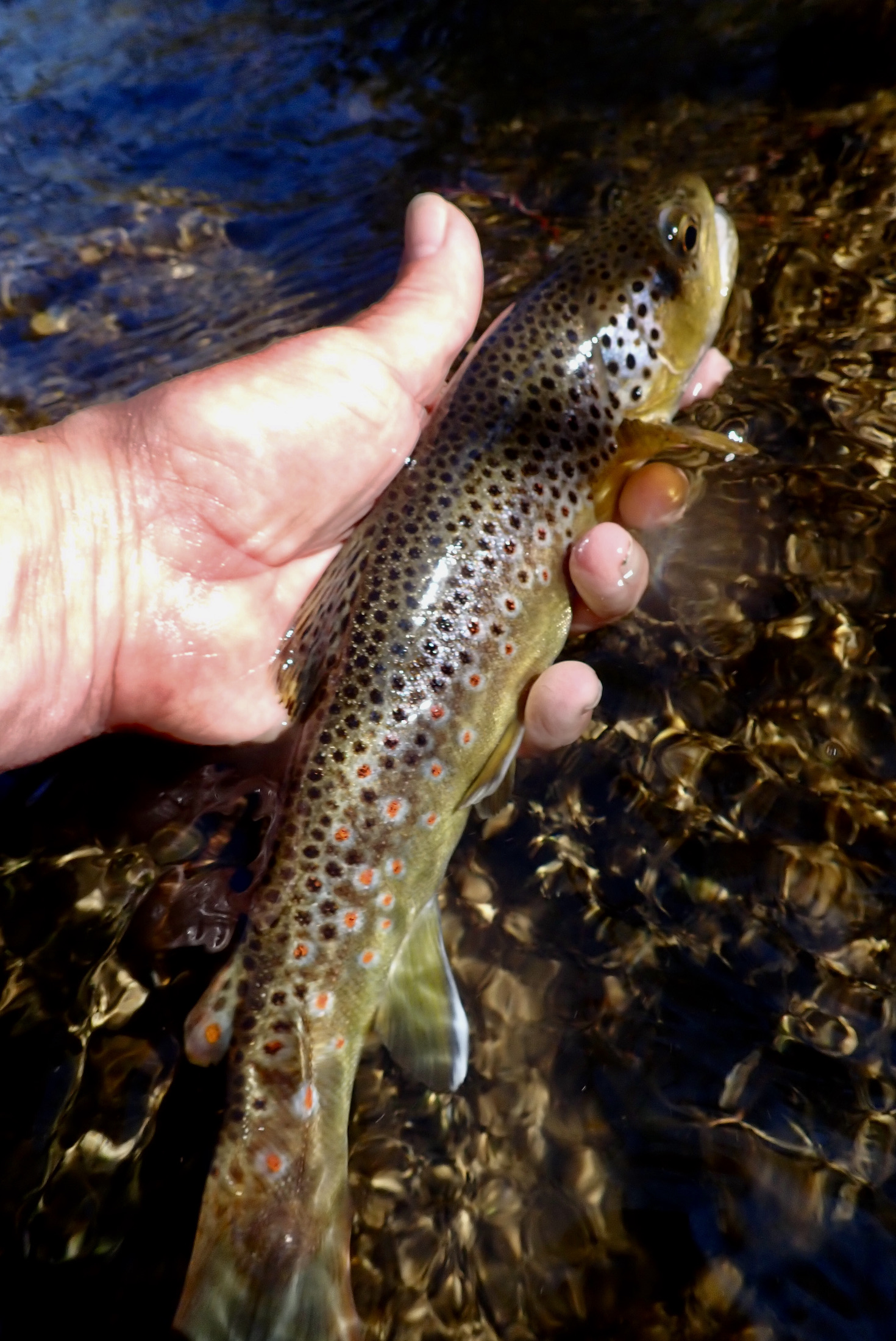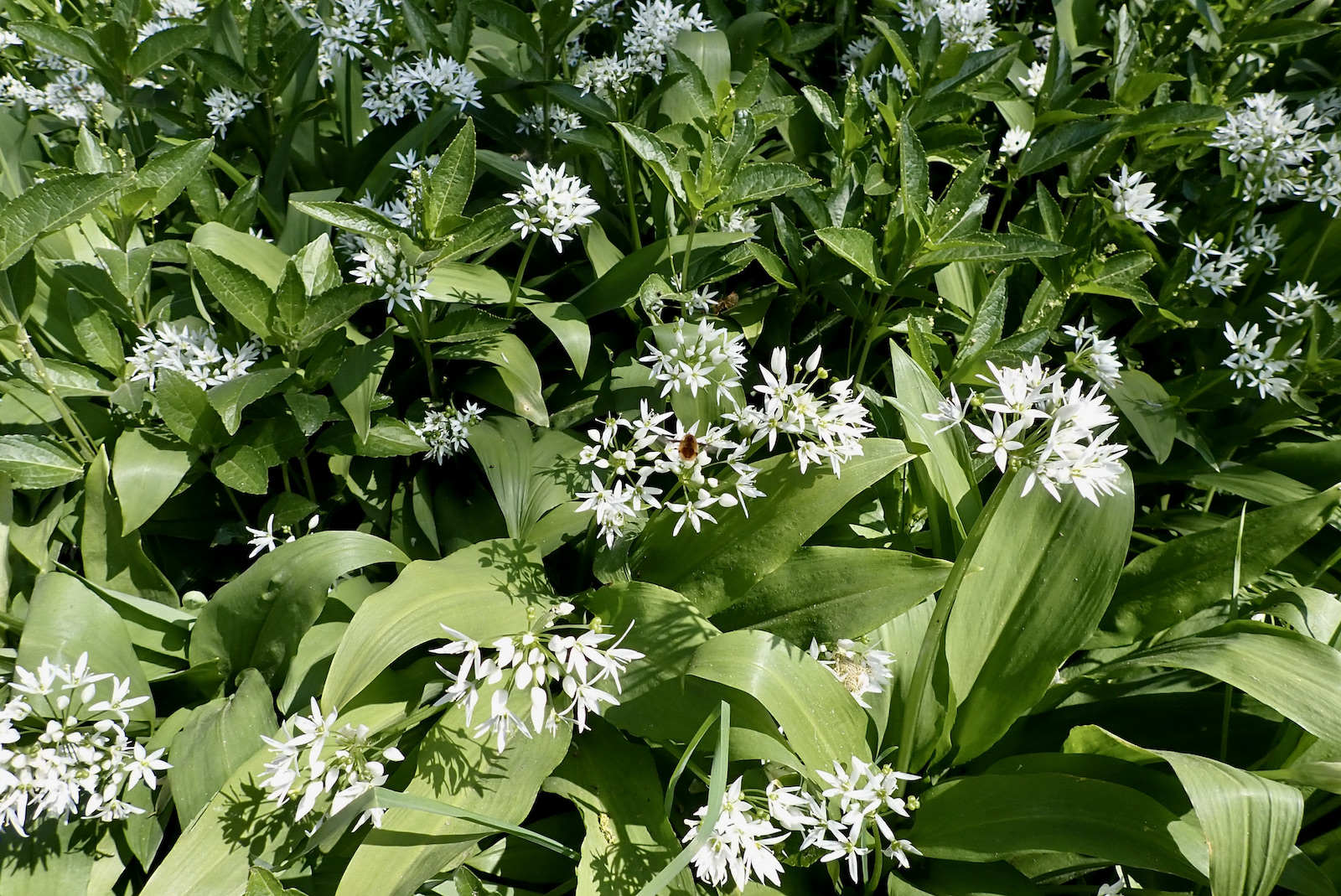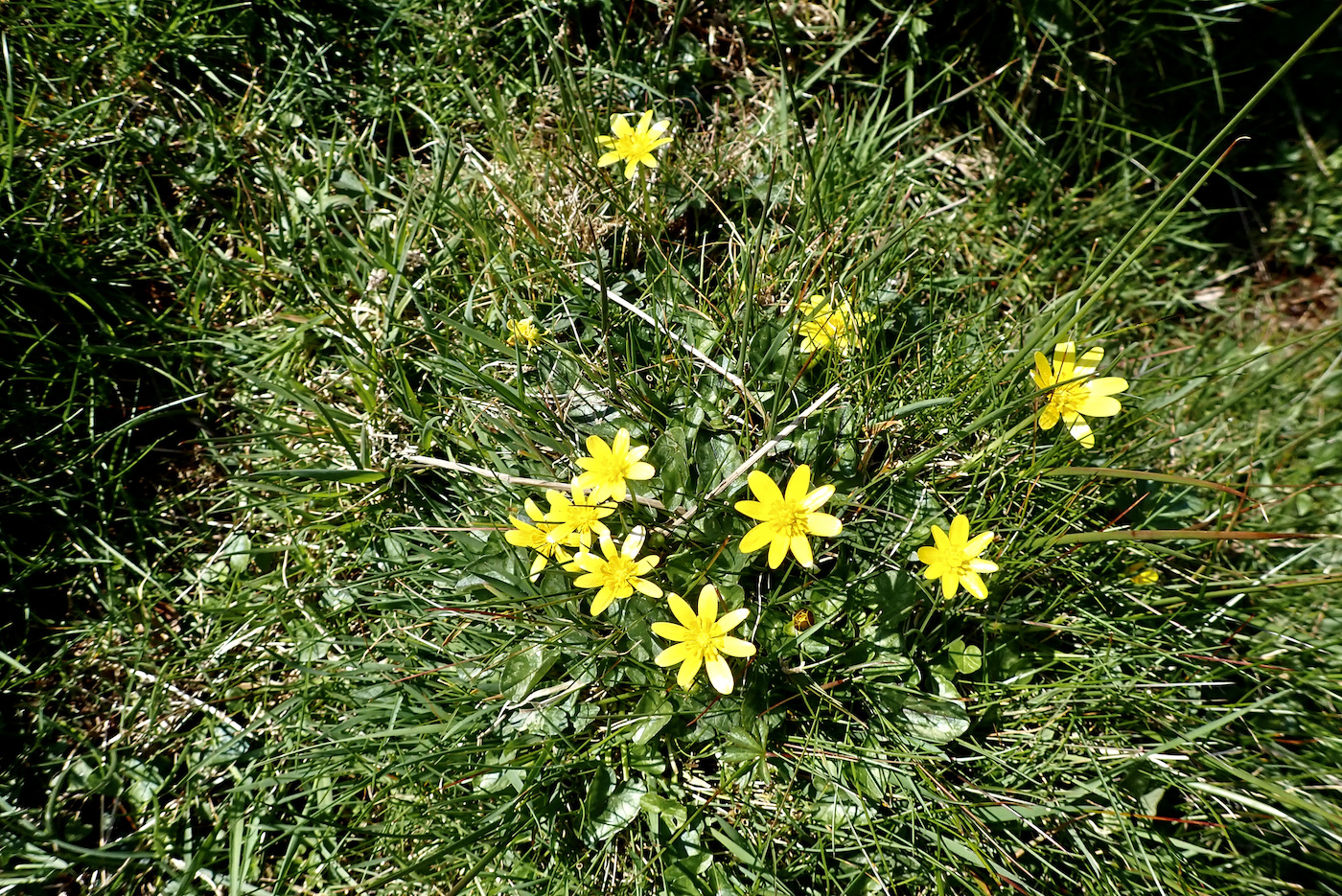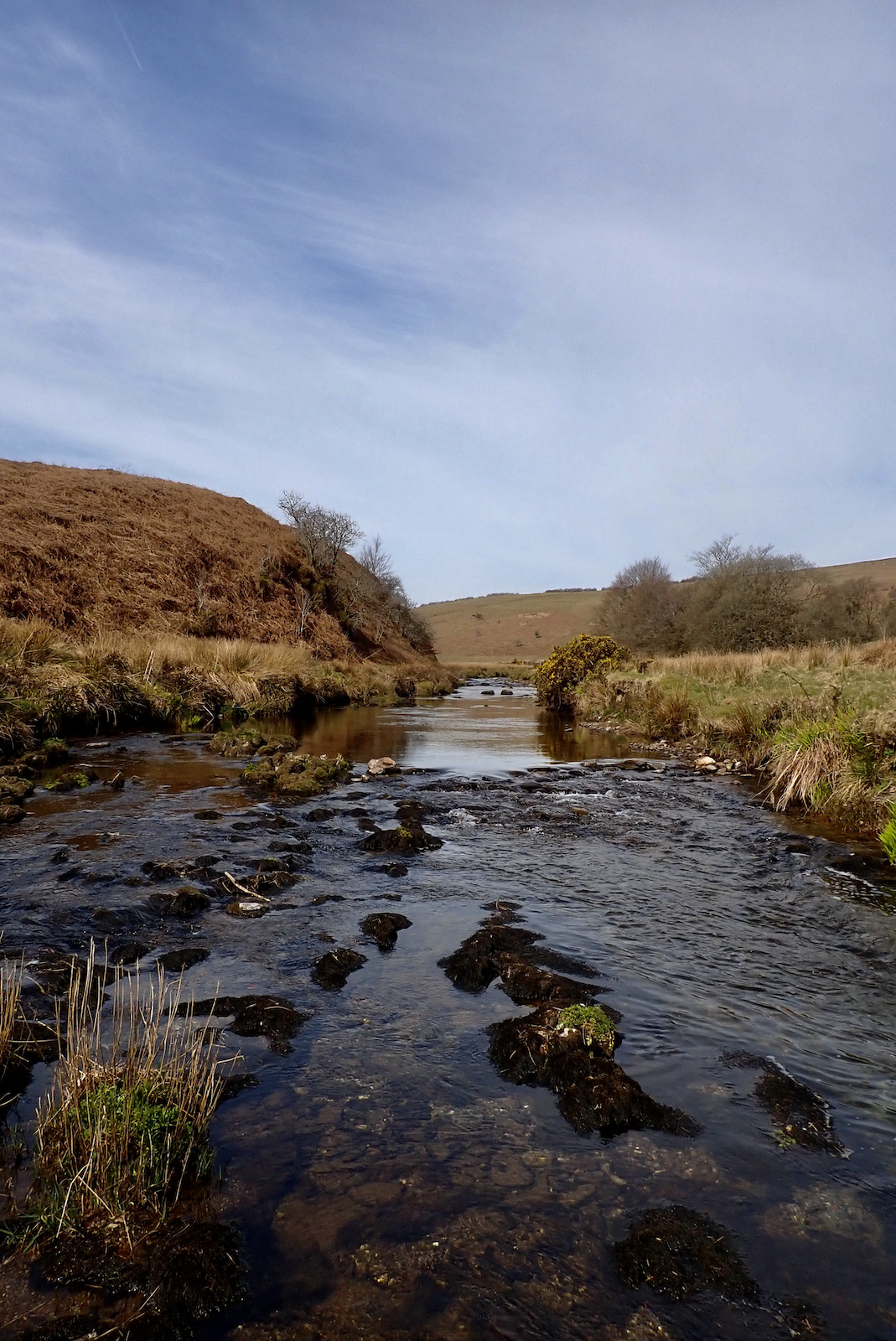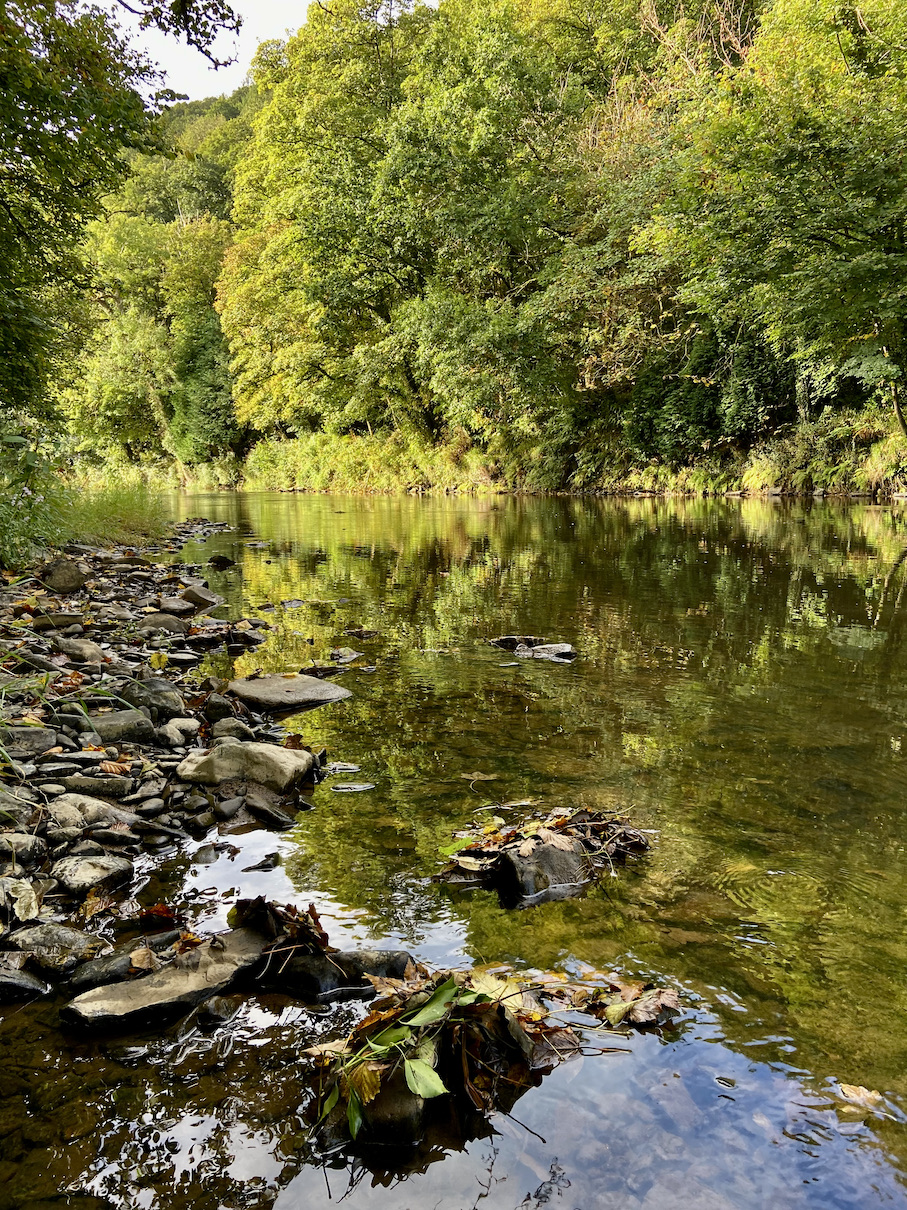Many thanks to Rodney Wevill for organising this excellent event on the Arundell Waters and thanks for the write up below ;-
What a fantastic day we have had at the Fluff Chuckers – Fly Fishing Fanatics / Arundell Rivers Event Rivers Event.
We fished in pairs on different beats on the river Lyd.
One from each pair fishing in the morning and the other doing the afternoon session.
It was going to be a nymph, klink & Dink or dry day.
It soon became obvious that a single dry looked the favourite with Rodney Wevill taking the most fish in the morning session with 7 fish including two sea trout off the top on a sedge.
We stopped for lunch / coffee back at the Arundell shop and deli .
The afternoon session was slightly slower but Richard Adeney managed to land 3 Browns after losing several fish , taking the afternoon win.
Nice to see Wayne Thomas landing a nice Grayling the only one for the day.
The biggest fish of the day was the first sea trout of the day for Rodney , as with all the events if someone wins more than one class/prize they choose which one they would prefer and hand over the other to the next in line.
The next in line was the up and coming young man Ozzie Gough who had 4 countable fish
And also 4 more just under the 15cm minimum size, well done Ozzie and your dad got the Lakedown beer seeing as your only 14 the day’s results ended up like this
Morning most fish. Ozzie Gough
Afternoon most fish Richard Adeney
Biggest fish of the day Rodney Wevill
A massive thank you to the sponsor/partners Yeti , Lakedown Brewery Co and the Arundell Arms Hotel.
Another big thank you to James Christoforou who heads up the Arundell Fishing and it was his idea to have a Fluff Chuckers Event on their waters.
Everyone enjoyed the day and the format, the river was absolutely stunning in fact it is very well looked after with good access without losing any of its wildness.
And also the Arundell Arms being a great venue in itself with the Hotel , Bar , Delicatessen and the Fly fishing shop stuffed full of everything you need and all the Orvis range and lots of Yeti products, great to see the business doing so well after several dacades being a top sporting hotel
Hopefully we will be doing a few more of these events and maybe a grayling event in the cooler months.
Fair to say we are very happy with things today.
MY ACCOUNT OF THE DAY – Wayne Thomas
I had been looking forward to this event for some time with its format of fishing and observing. I am always keen to learn and watching another angler searching the river was always going to be a learning opportunity. Though being scrutinised by another angler was also a little bit out of my comfort zone and I readily admit that my fishing is not always cool, calm and precise.
I arrived at the Arundell just before 8:30am and was soon chatting with fellow Fluff Chucker’s who were all relishing the day ahead. Head of Fishing James Christoforou greeted us and was as always full of contagious enthusiasm. There were still a few sea trout being caught despite the low river levels and with a bit of cloud cover and light drizzle things looked promising.
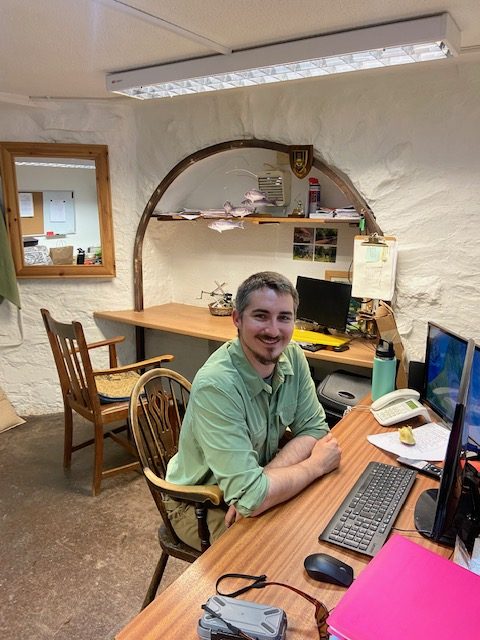
There were only six of us fishing the event that was split into two sessions of three hours each. With each pair observing for one session and fishing the other.
Partners were determined by drawing names out of a hat despite a suggestion from the youngest contestant that we use a lucky dip app on a mobile phone. With partners set we then tossed a coin to decide who would fish first.
My partner was fourteen year old Ozzie Gough who has been doing work experience at the Arundell. It was apparent from the start that Ozzie was very keen on his fishing and eager to learn. We set off for Beat 3 on the River Lyd and exchanged fishing chat freely on route talking of all disciplines of angling. In addition to a passion for angling my partner also had a mature and in depth understanding of the sport.
Ozzie had won the toss and elected to fish the morning session. From the start it was obvious that he knew what he was doing as I watched him commence a search of the river.
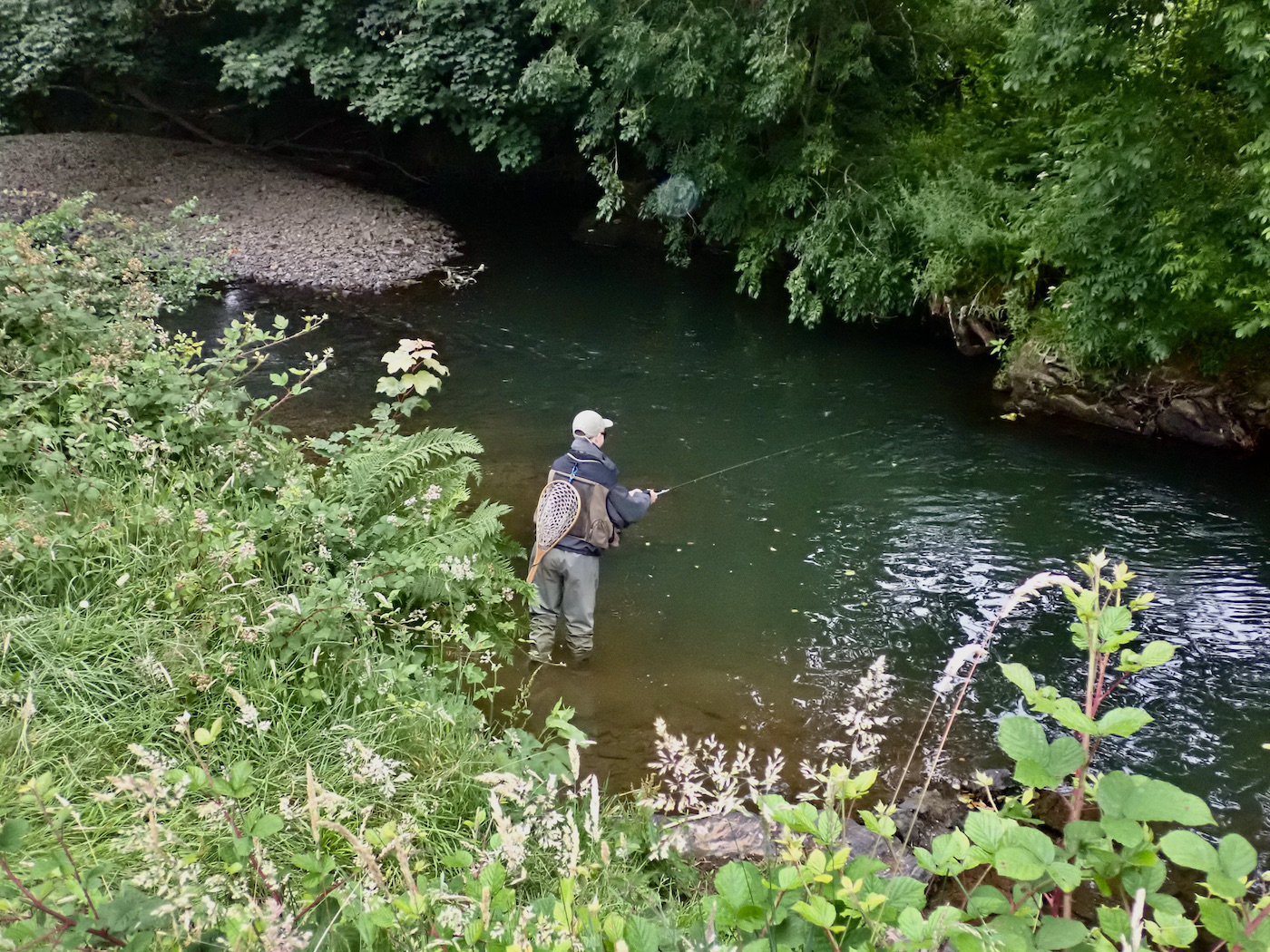
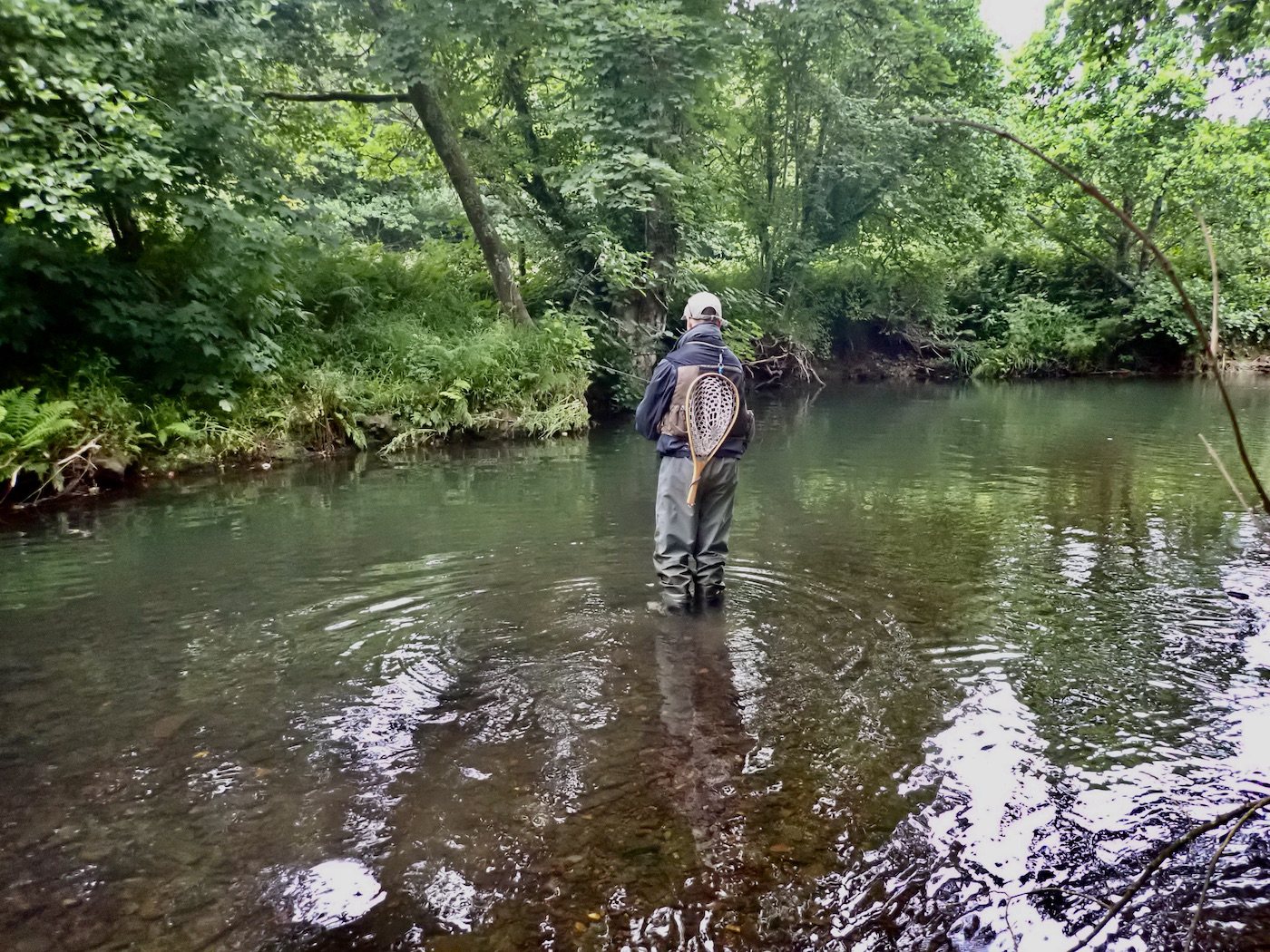
Reading the water is a skill that Ozzie had undoubtedly learnt well as he flicked his weighted nymphs into pools, runs and riffles with apparent ease. I was very impressed with his use of the bow and arrow cast and its accuracy.
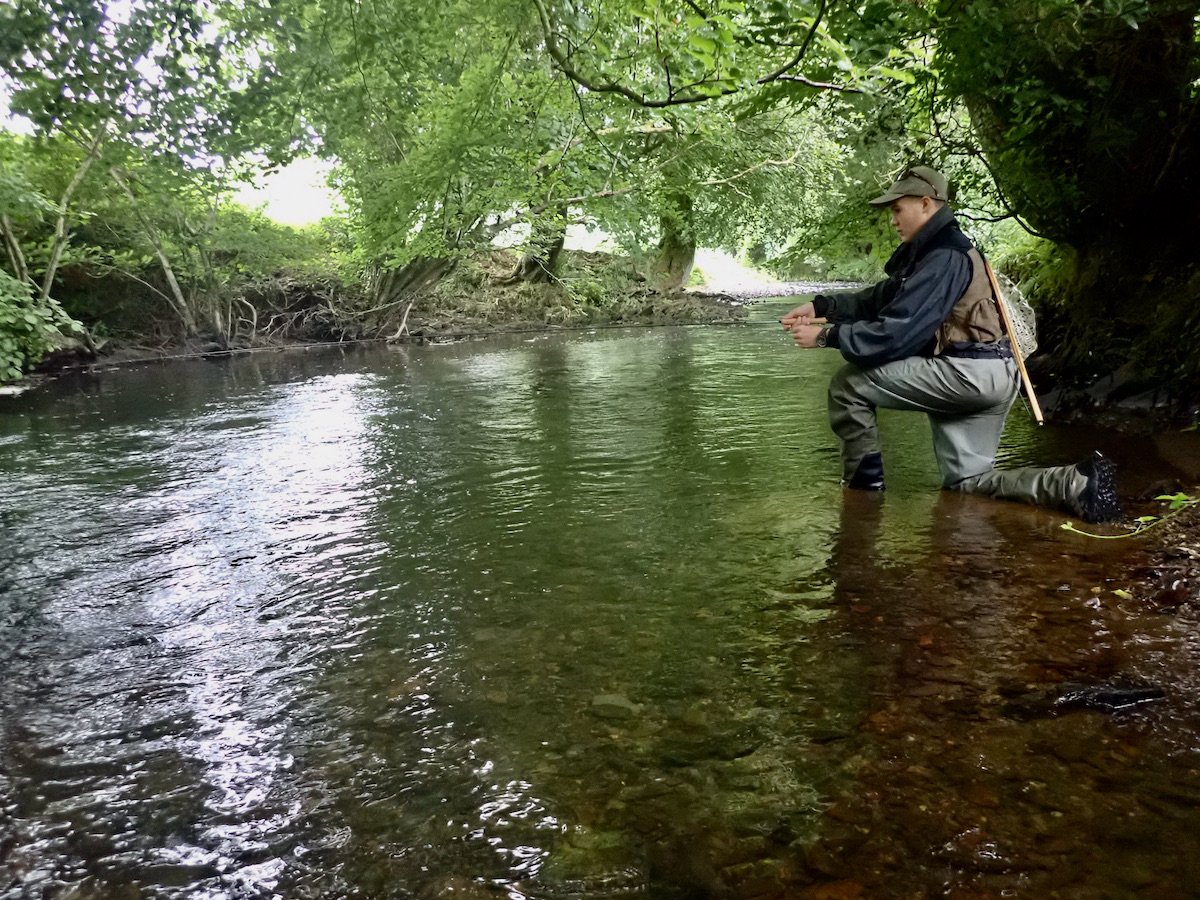
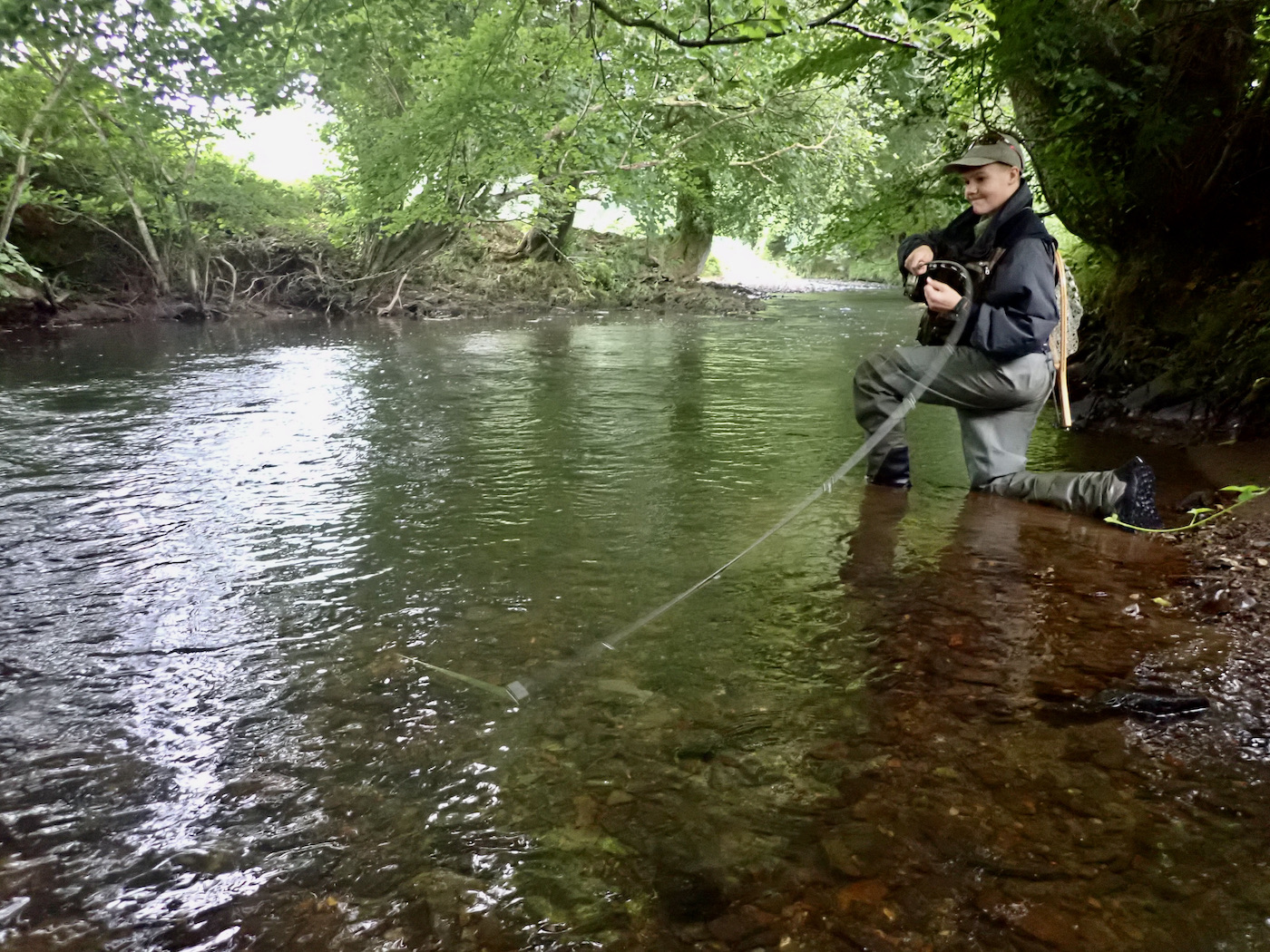
Several small brown trout succumbed to his skill and I was delighted when he was rewarded with a stunning wild brown trout of 25cm.
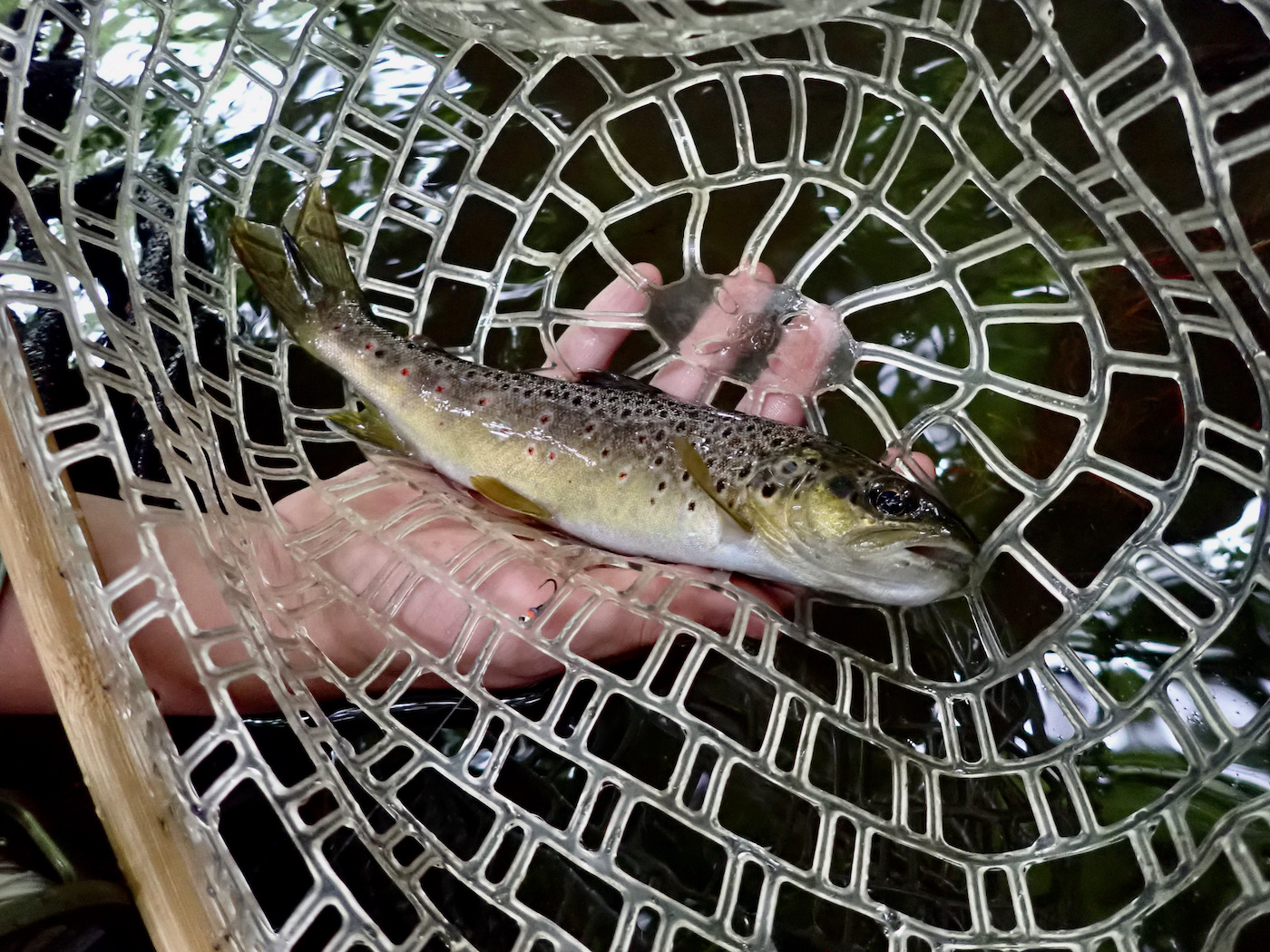

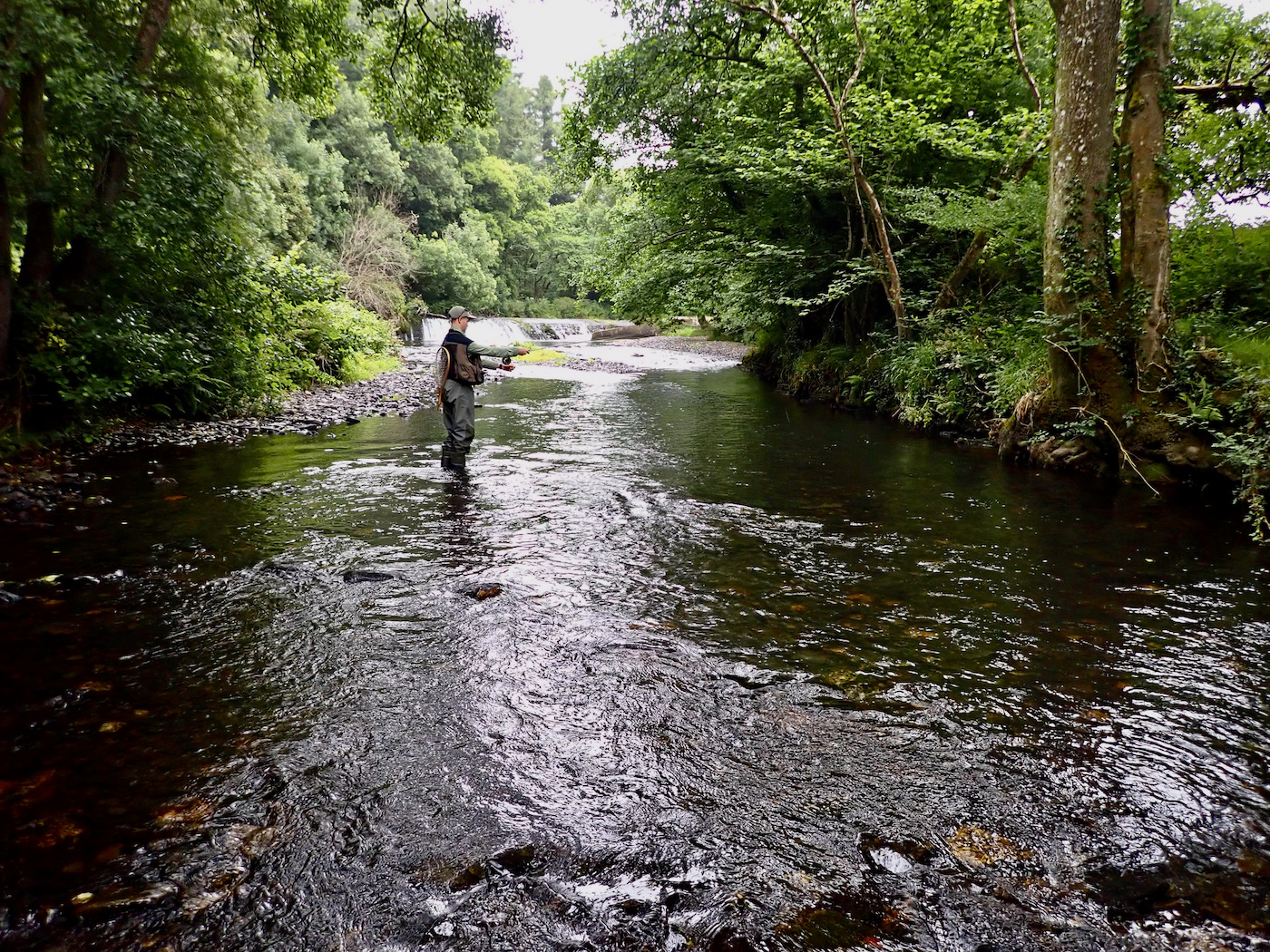
The morning session drifted by quickly even though I wasn’t fishing and Ozzie ended with four trout above the minimum size and another four below this.
We returned to the Arundell and grabbed a coffee and a snack from the deli before connecting with fellow Fluff Chucker’s to compare notes. Rodney had undoubtedly stolen the show with a brace of sea trout and several brown trout.
Refreshed we headed back to the river and it was my time to search the water under Ozzie’s watchful eye.
Having watched Ozzie carefully I had a few ideas of where to concentrate my efforts but was also conscious that having been covered earlier in the day the fish may have been disturbed. Whilst this probably wouldn’t impact upon the wild brown trout and grayling too much it might have disturbed the sea trout that are generally considered to be more sensitive.
I had decided to carry two rods which in hindsight was a mistake. My intention was to cover the shallow riffles and glides with a duo set up and search the deeper water with the heavy nymph set up.
I started Ok searching the deep water without incident and making brief contact with a few small browns that came detached after a few seconds. I switched over to the duo set up and after a few casts decided I needed a heavier nymph on the point and a slightly longer
length between dry fly and point.
At this point the wheels came off my fishing to some extent as in the shady confines of the river I found retying the small flies and light line a little tricky. Stubbornly refusing to change my polaroid’s for standard specs I wasted a few minutes getting increasingly frustrated at the eyes that in younger days would have seen with a clarity long forgotten.
I did manage to raise one small brown trout to the dry but this came off. After another minor tangle with the duo I decided to concentrate on the deep nymphs and hope for bigger fish. The time seemed to be racing past and I knew I wasn’t fishing particularly well and the temptation was to rush.
Ozzie spotted a good sized sea trout or grayling and casting aside any competitive tendency offered me an opportunity to cast at the fish. By the time I had scrambled to the elevated bank it had evaporated from view to remain a secret of the river.
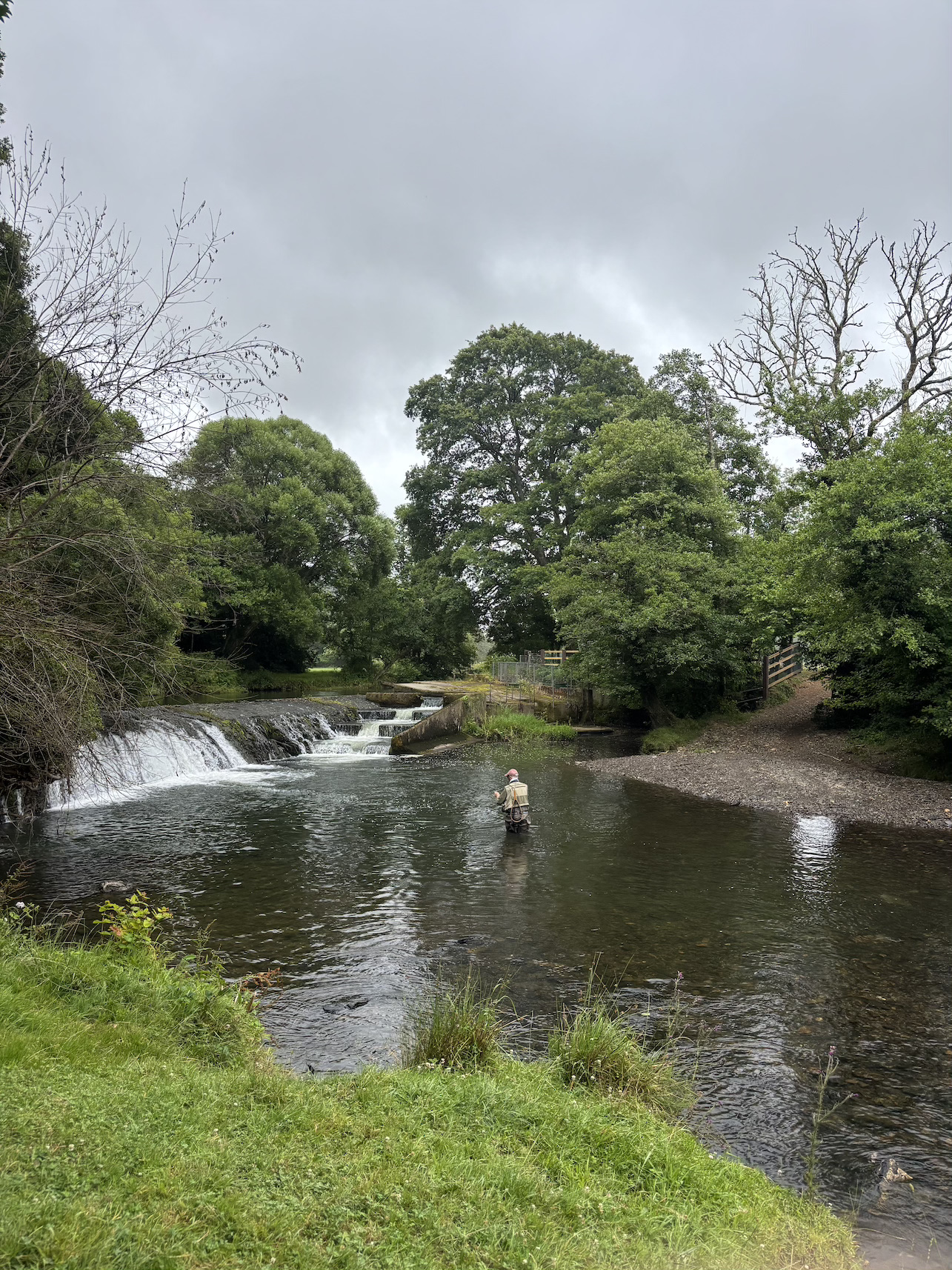
As we approached the top of the beat I missed a couple more chances. The deep slow water above the weir failed to inspire and the white water beneath the weir seemed devoid of fish.
I decided to work quickly down covering the best spots as there was less than an hour remaining. Fishing in the same pool I had hooked a sea trout in a week ago I was delighted to feel a decent fish gyrating on the line. A glimpse of silver made me think sea trout but the sight of a decent grayling was very pleasing as it slipped into the net to avoid a blank. At 29cm it was a good fish and due reward for an afternoons effort.
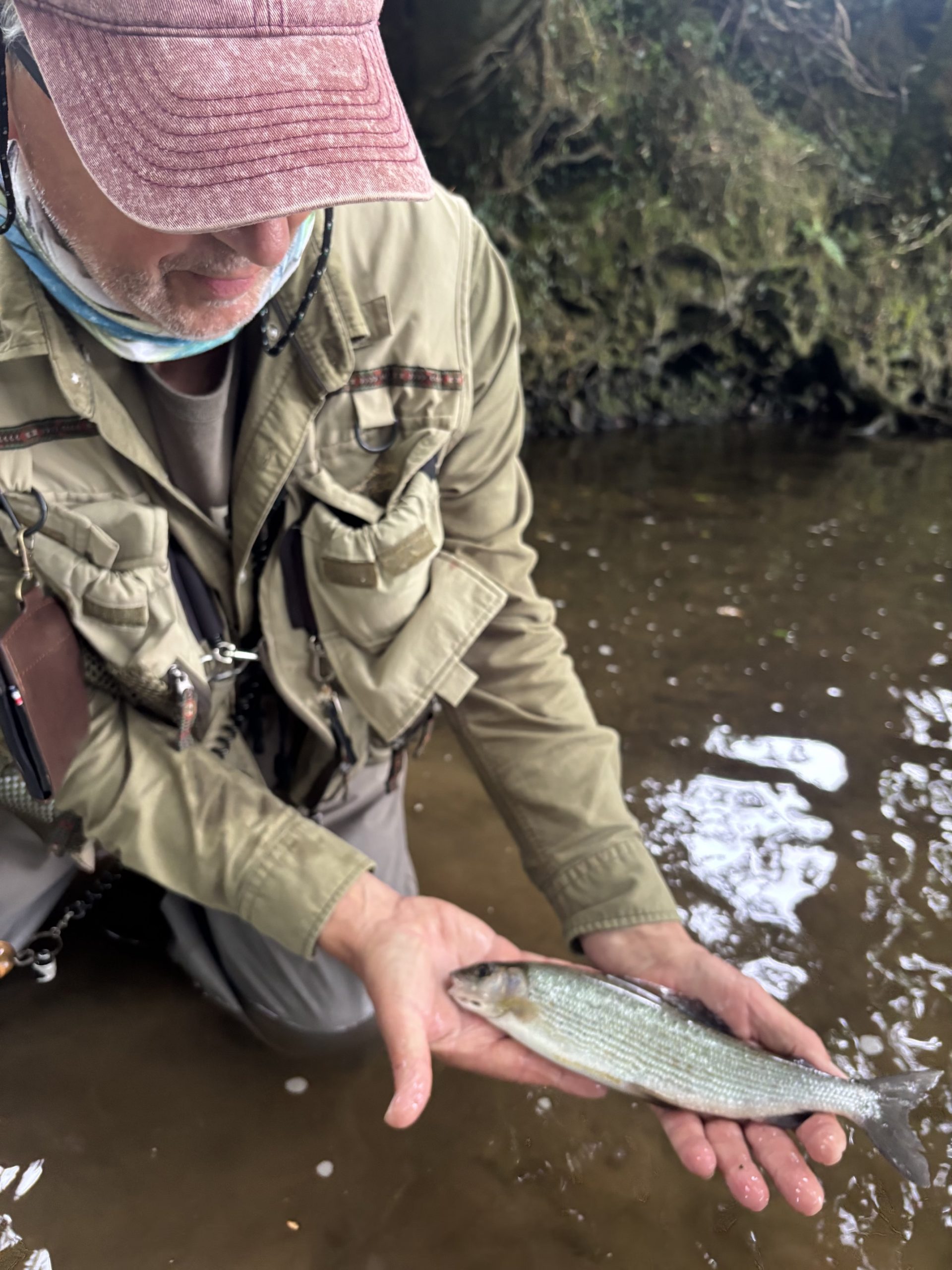
I fished on down and spotted a sea trout with a minute left in the competition but It eluded my offerings and the afternoon ended all too soon.
We headed back to the post competition meet up and on reflection there were lessons to be learnt. I would probably have been better advised to carry one rod and stuck to one method. I should also have swapped over from polarised to clear Lense’s to tie on my small flies.
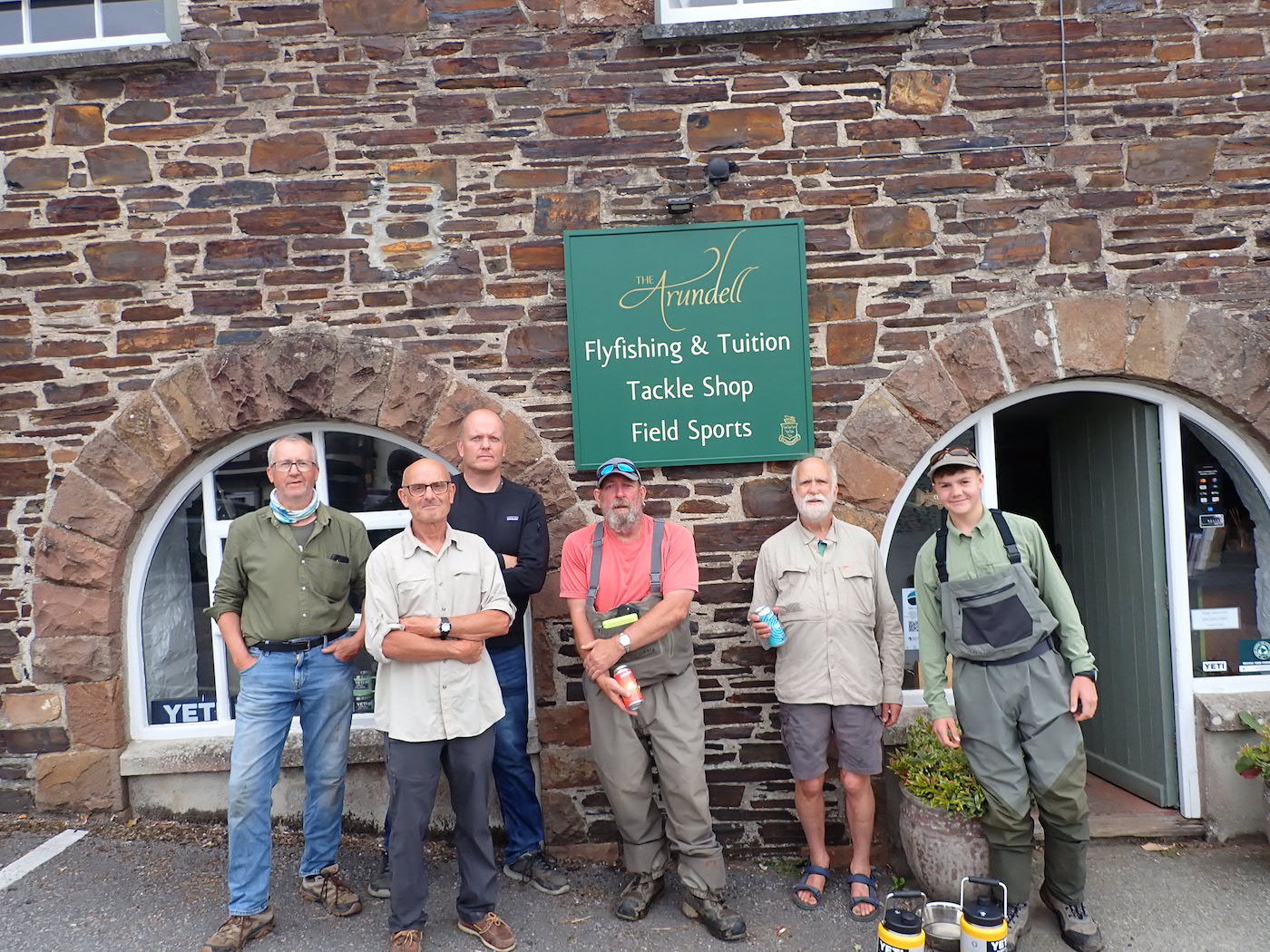
On a plus note it was a pleasure to share a day on the river with a young and enthusiastic angler. I could not help but reflect on the fact that fifty years ago at fourteen years of age I had far healthier rivers to fish in with runs of salmon and sea trout that would be exceptional today. The tiny rivers I fished now devoid of fish had an abundance of feisty wild trout. At the time I really didn’t know what a paradise I was living in. Shifting Base line syndrome ensures that young Ozzie accepts today’s natural world and appreciates it.
It is easy to get despondent about our rivers but historically many West Country Rivers have recovered from dark times as I discovered when I dipped into a book I bought recently. The Salmon Rivers of England and Wales, by Augustus Grimble, published in 1913.
Documents a sad state of affairs with many rivers blocked by weirs, heavily netted, poached throughout the year and polluted with effluent from Industrial mining.

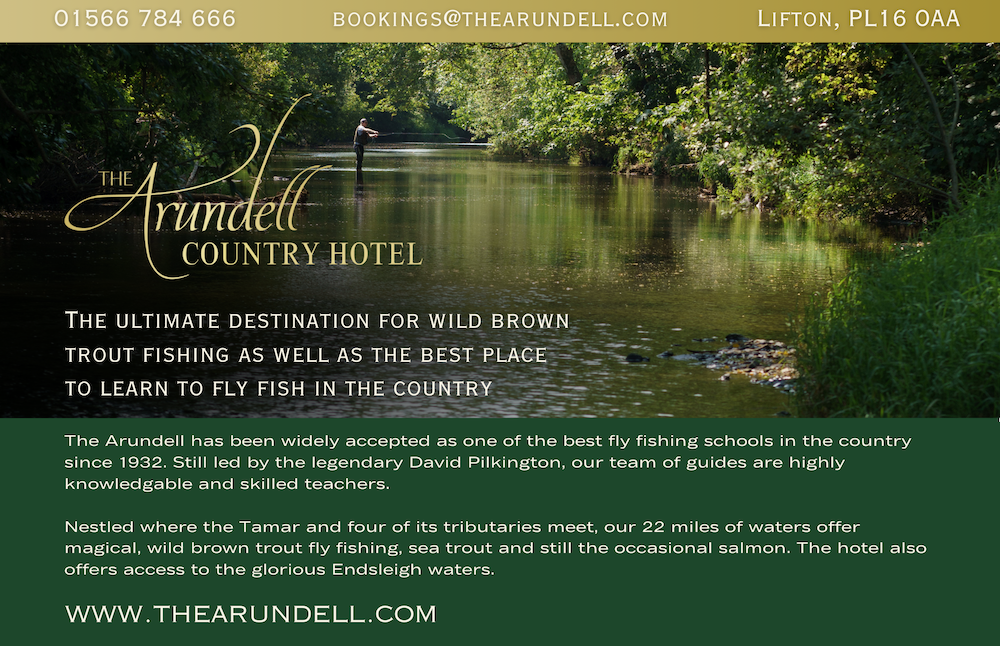
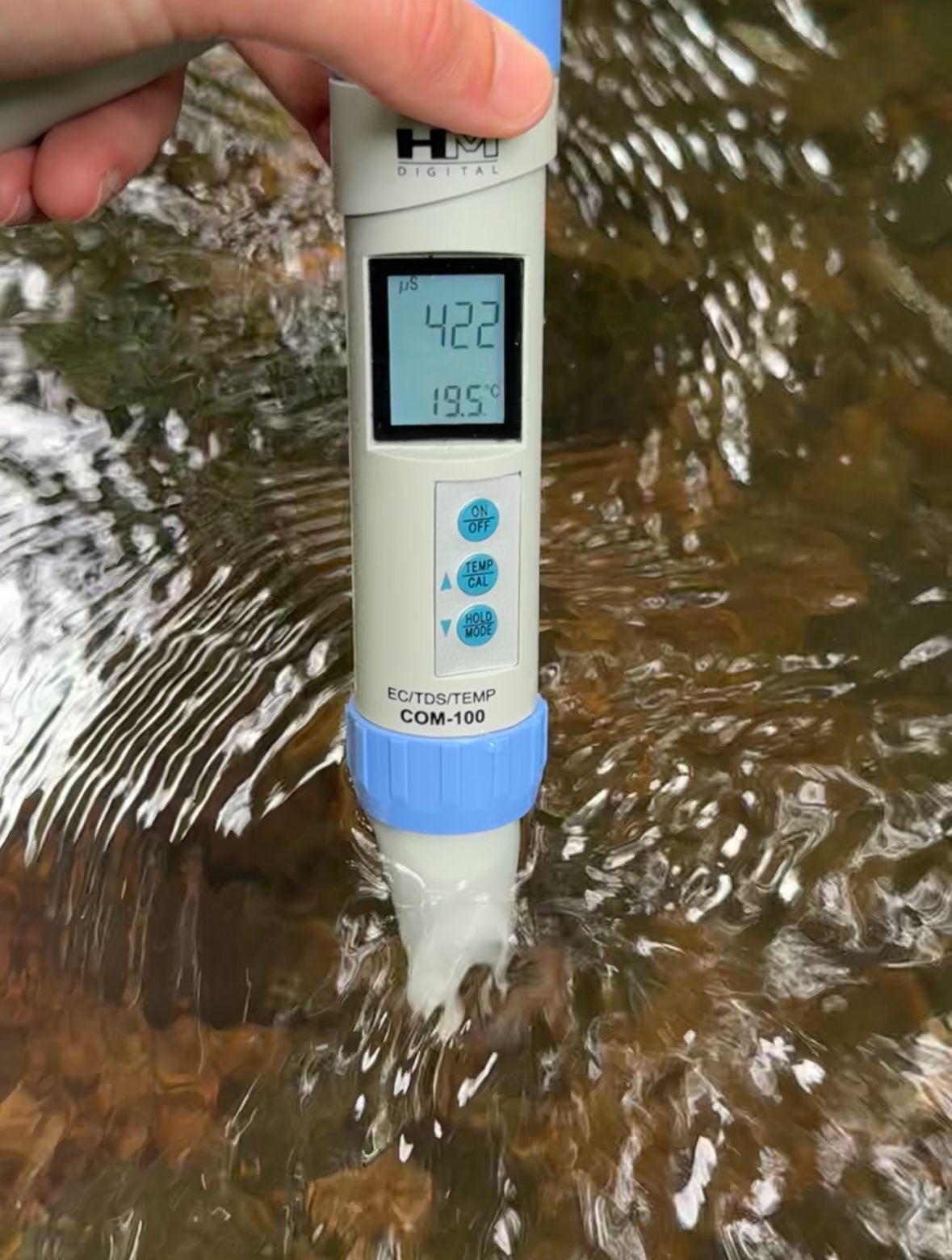

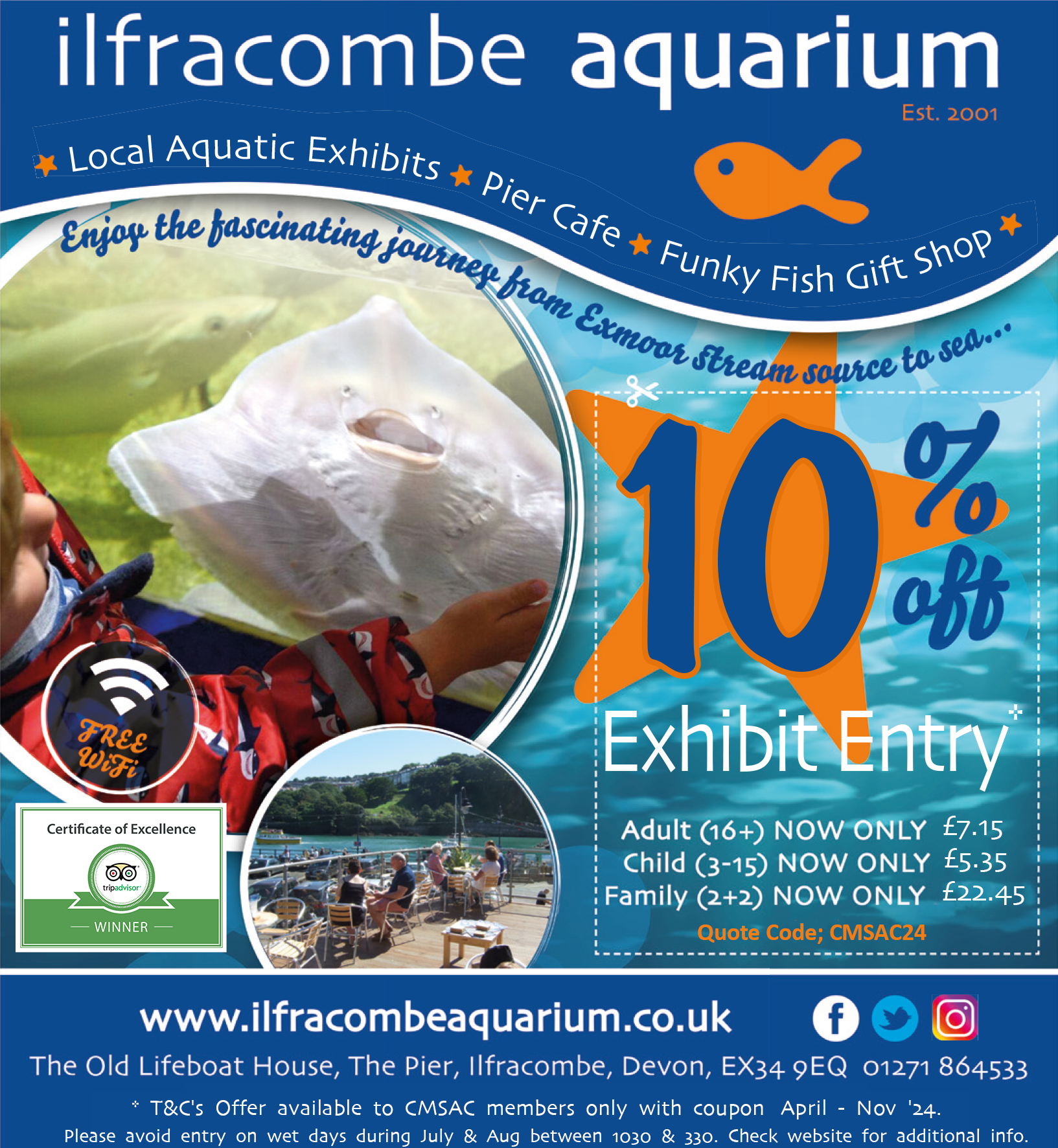
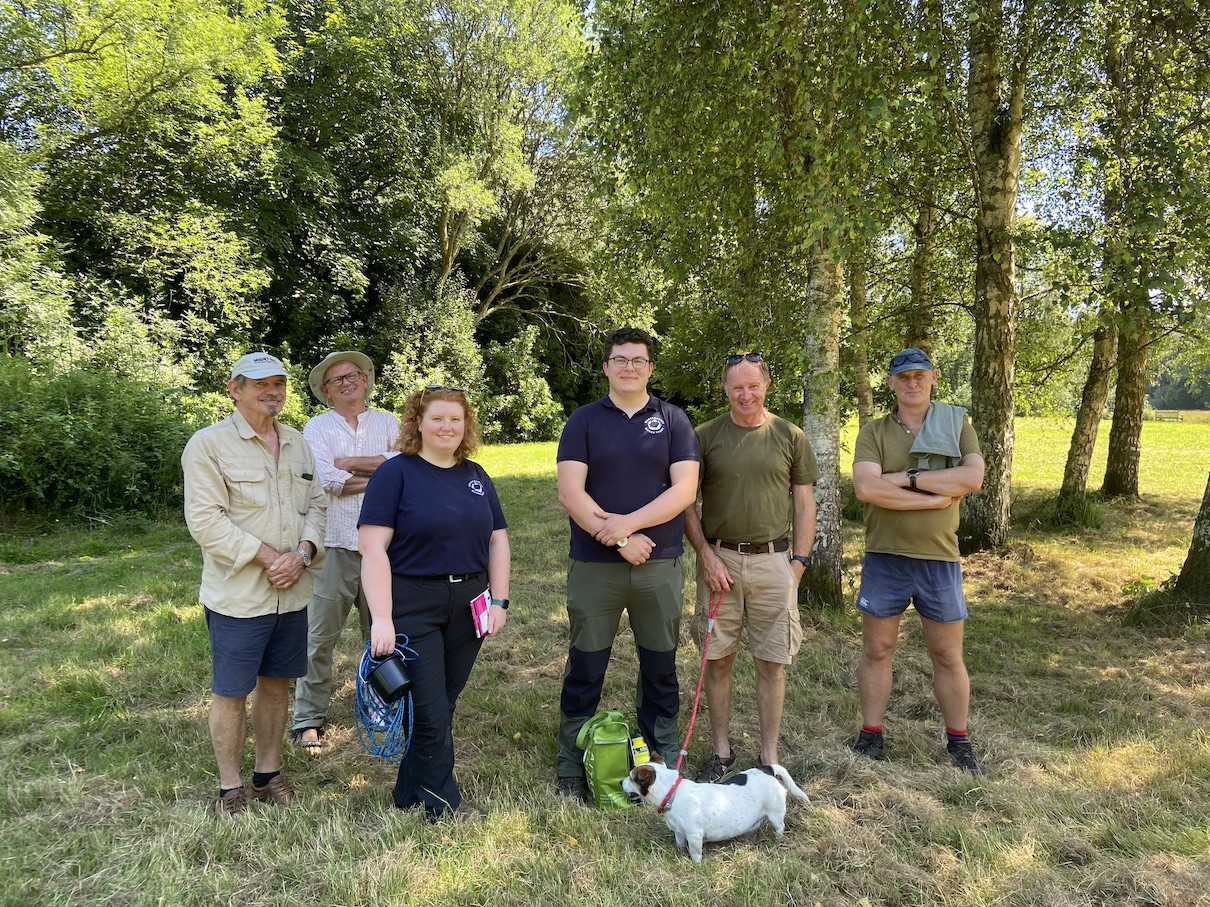
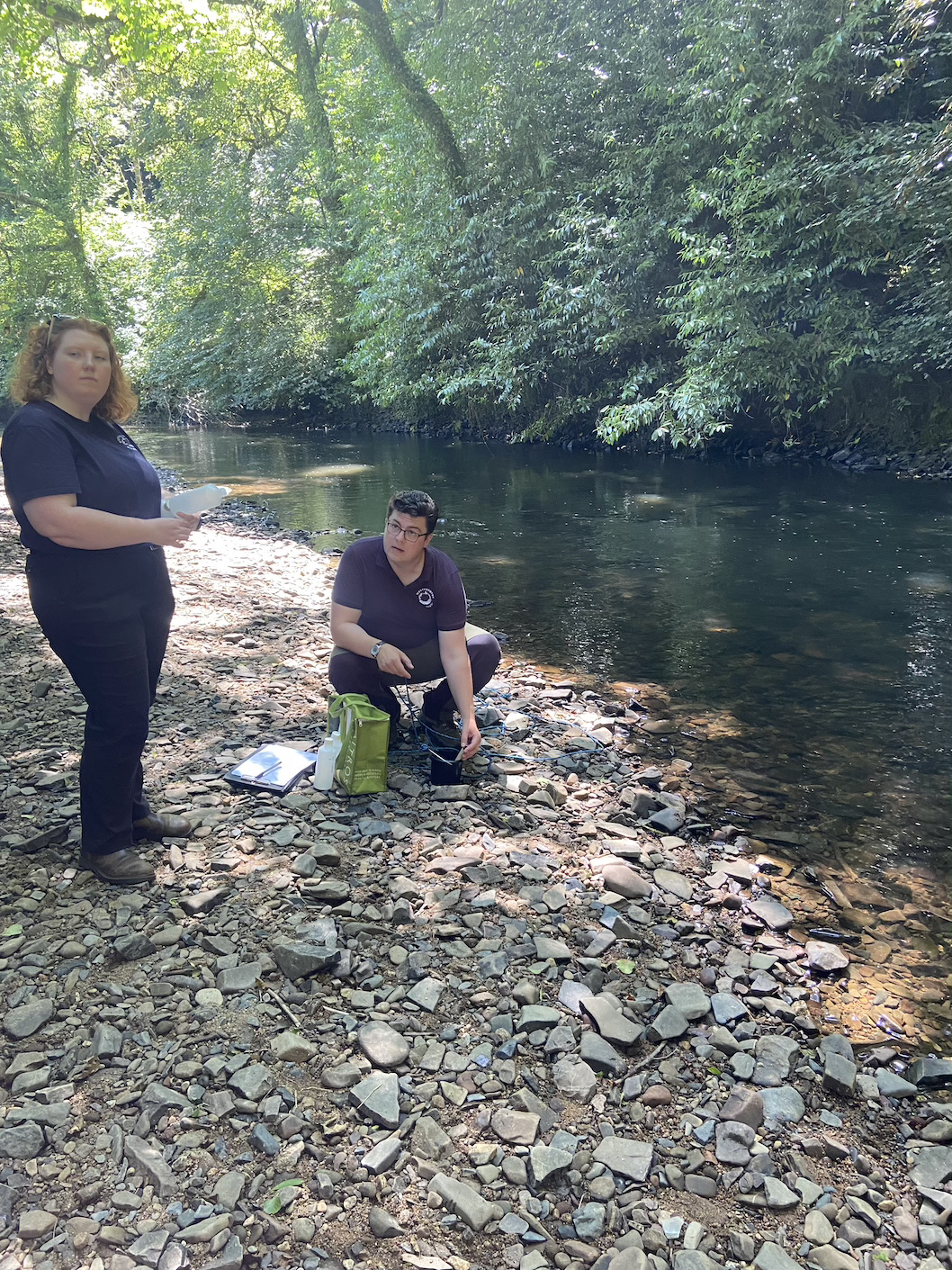

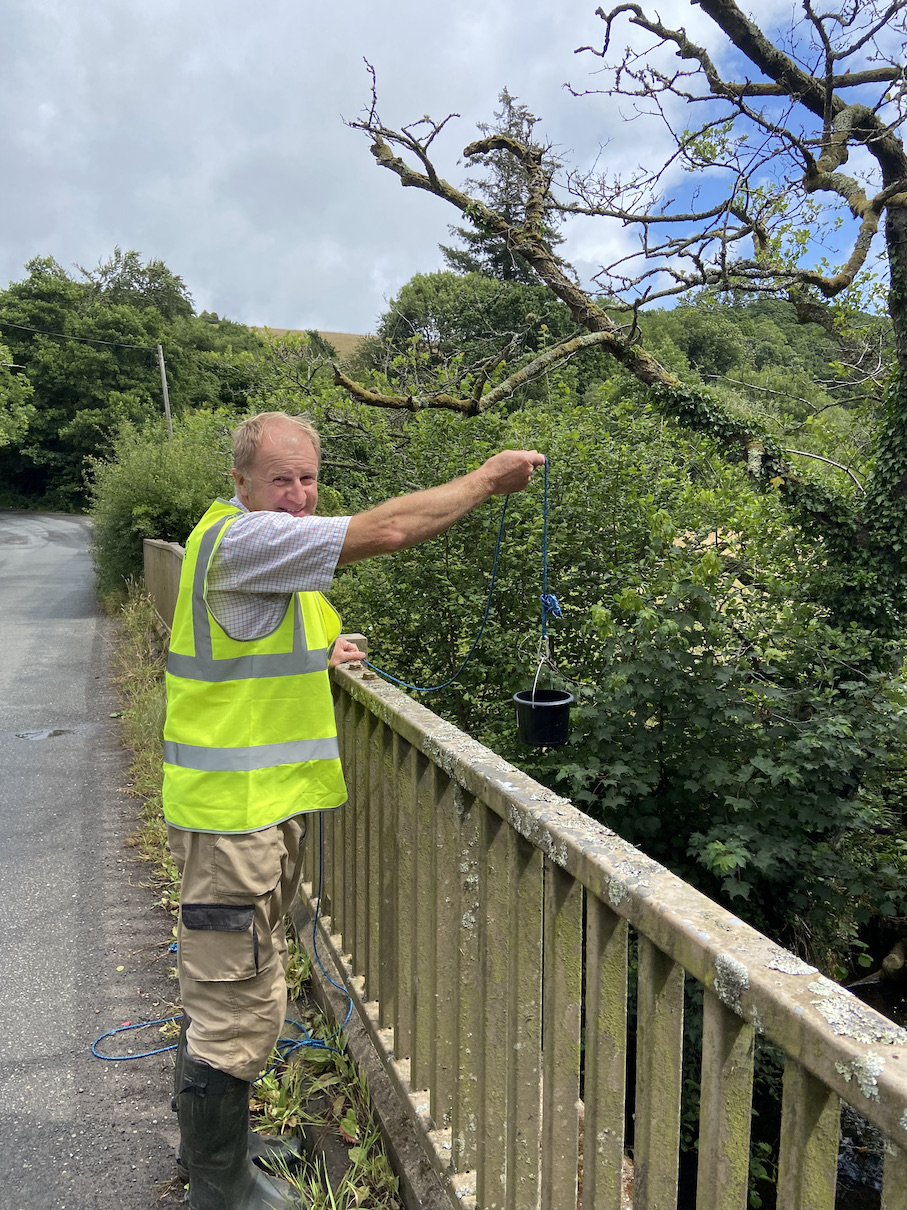

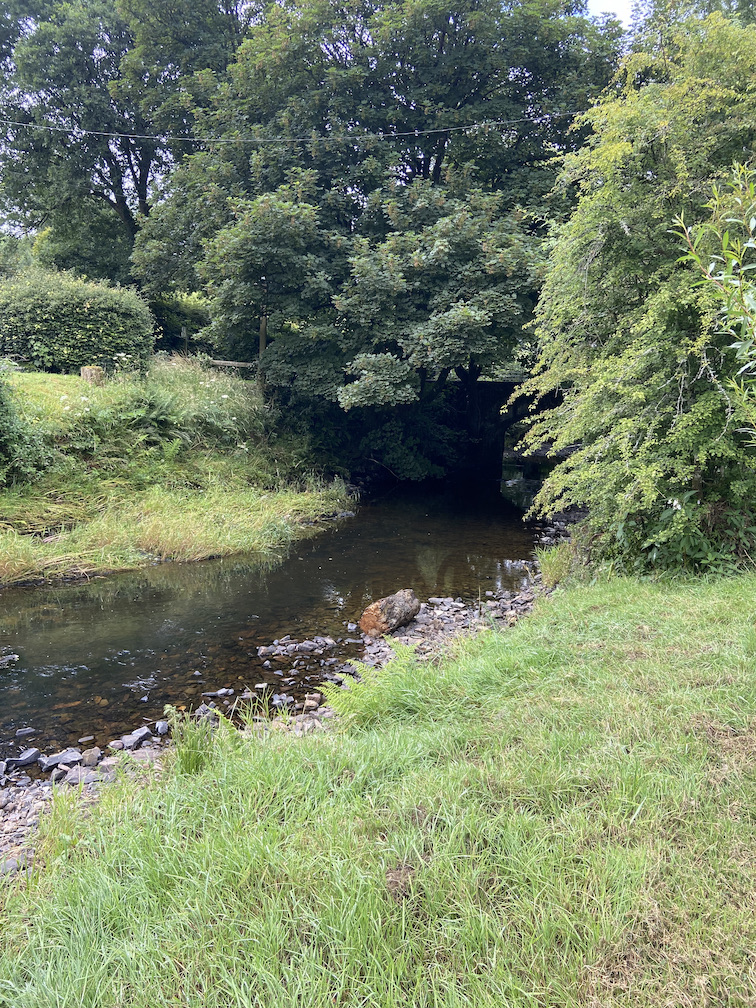
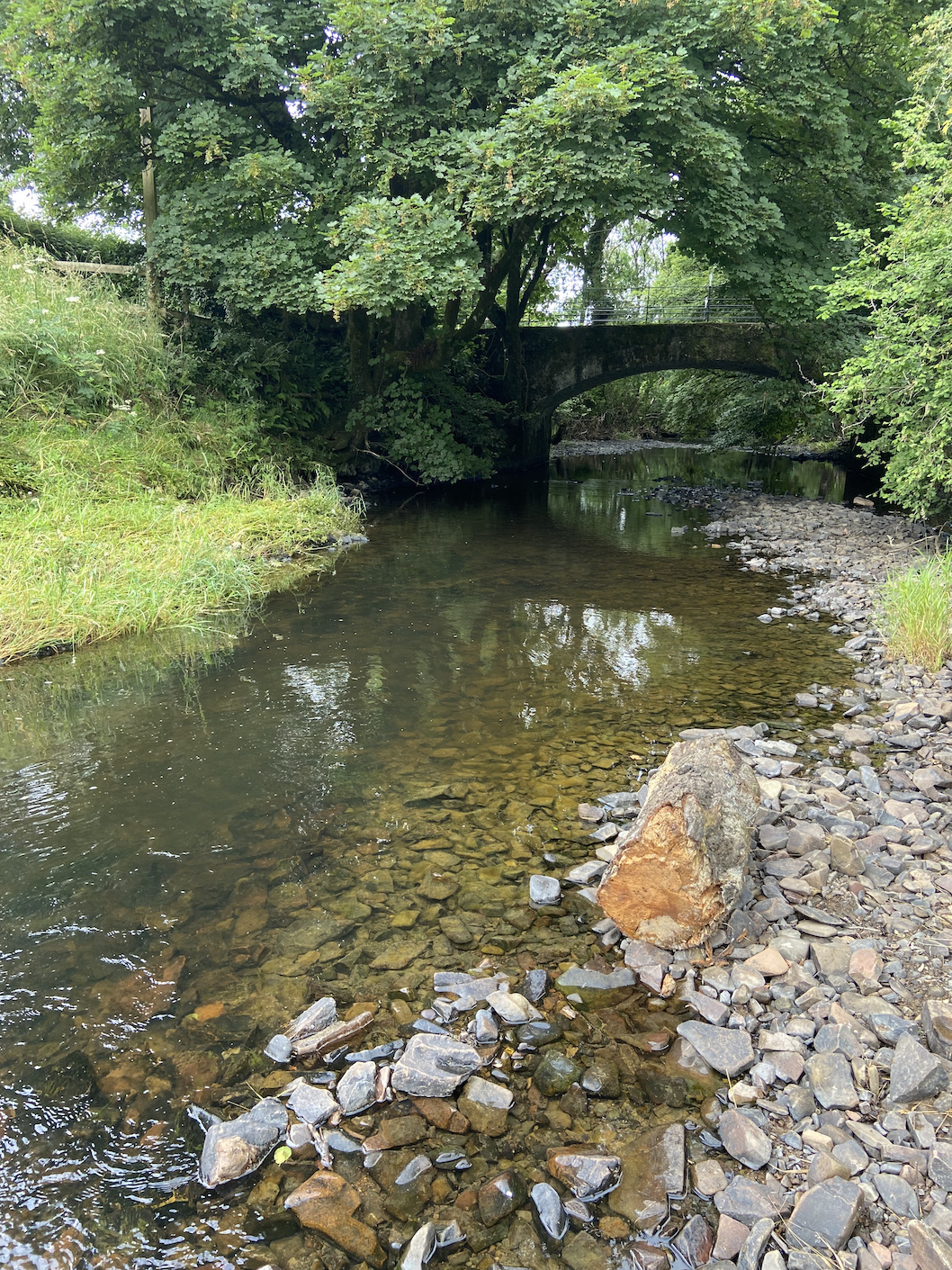
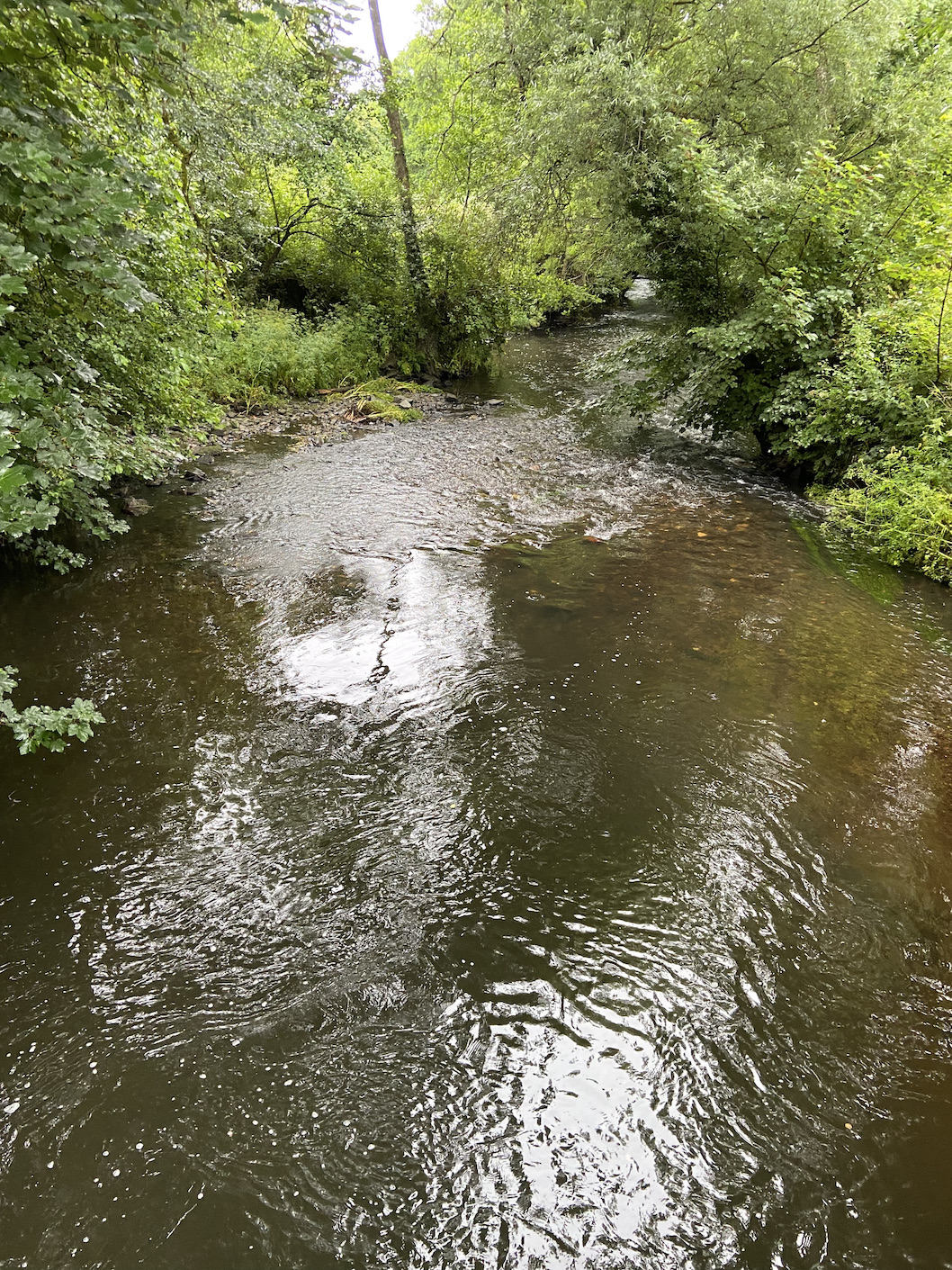
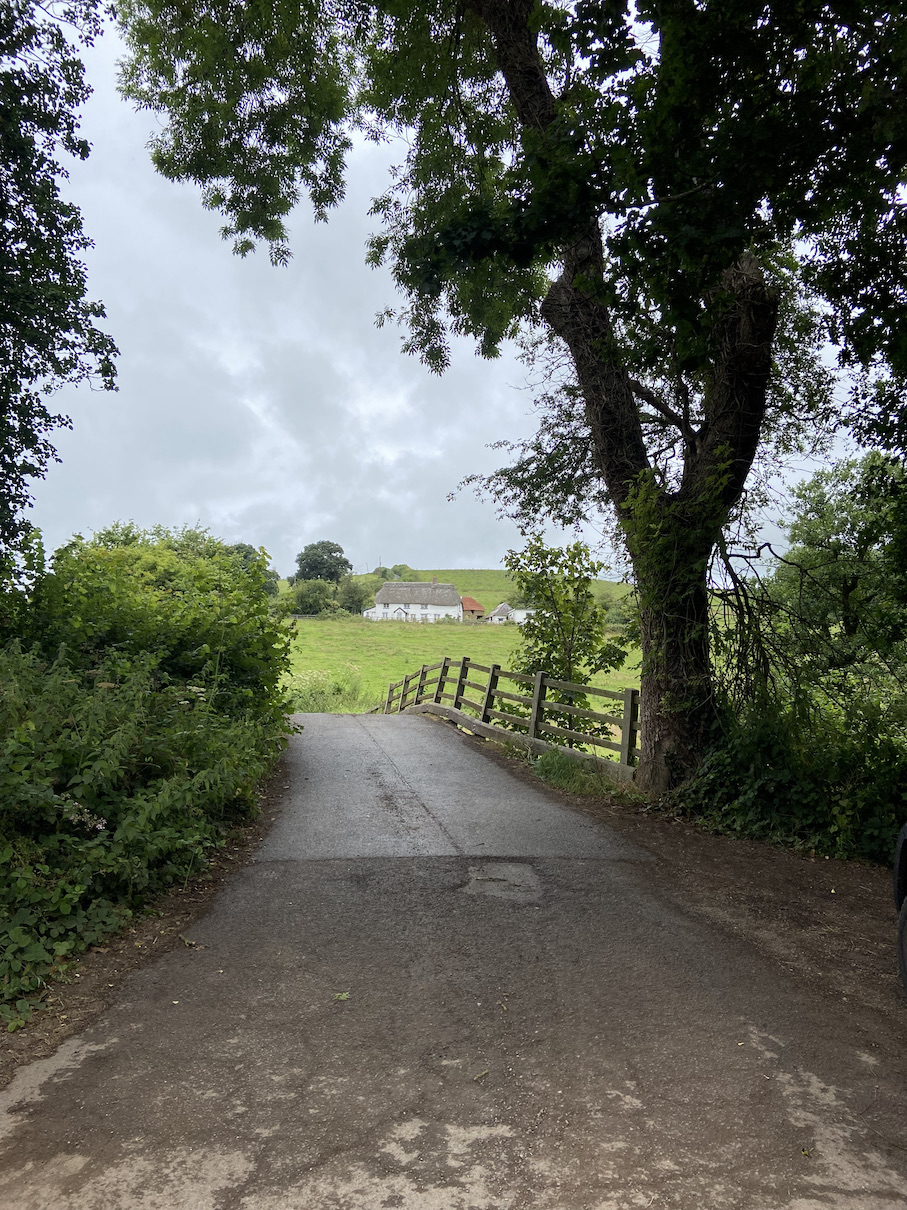
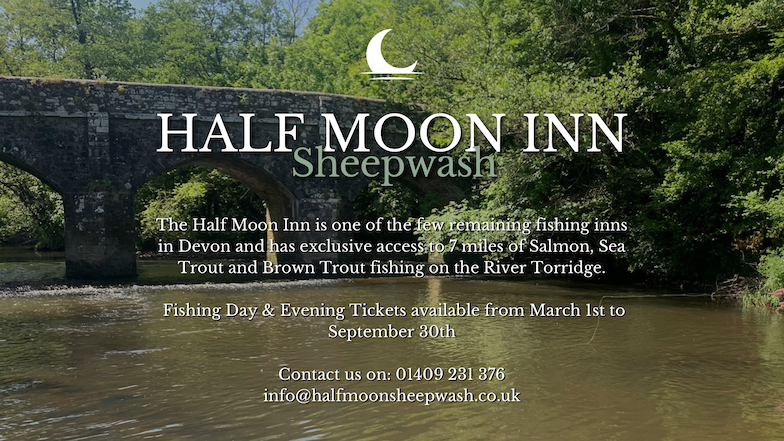
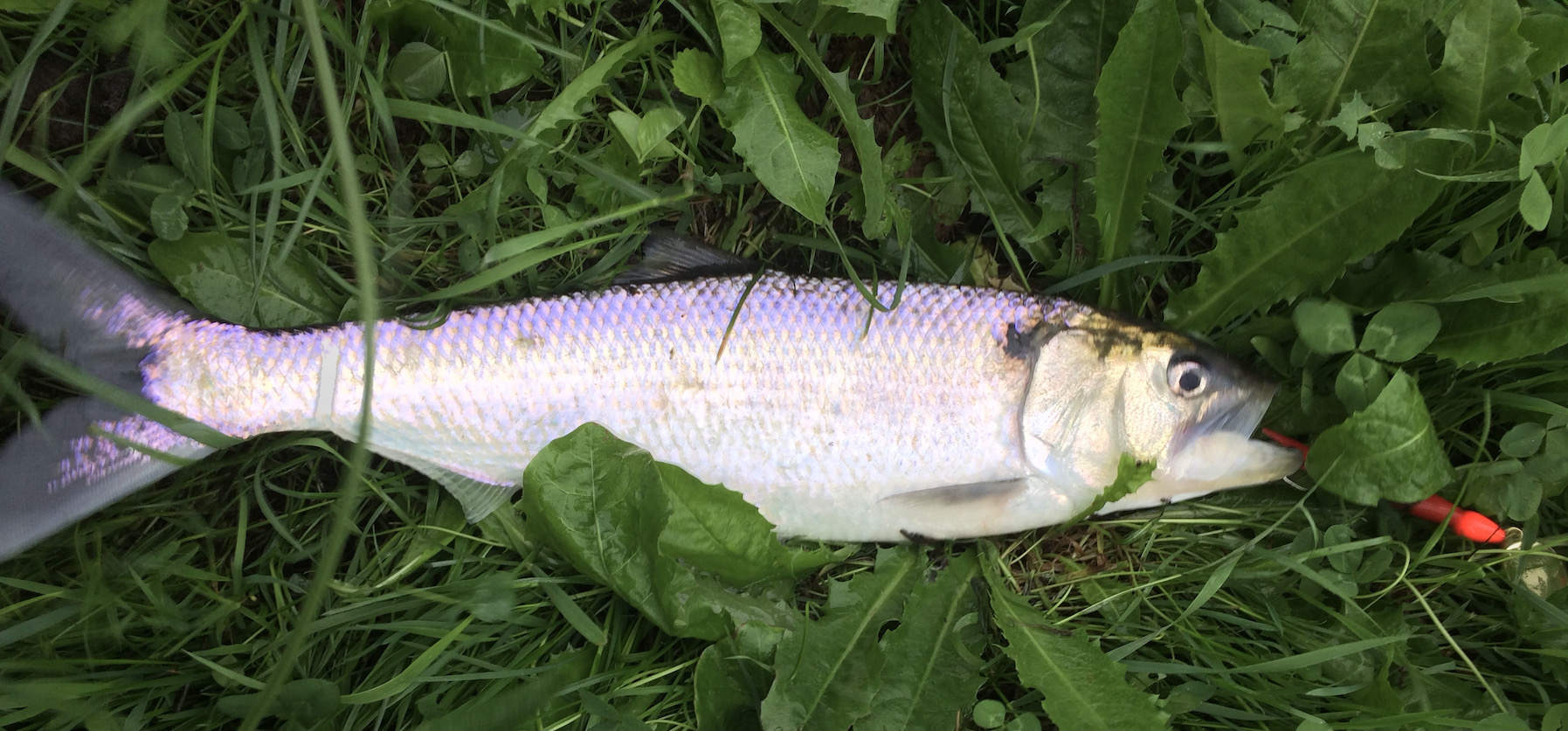
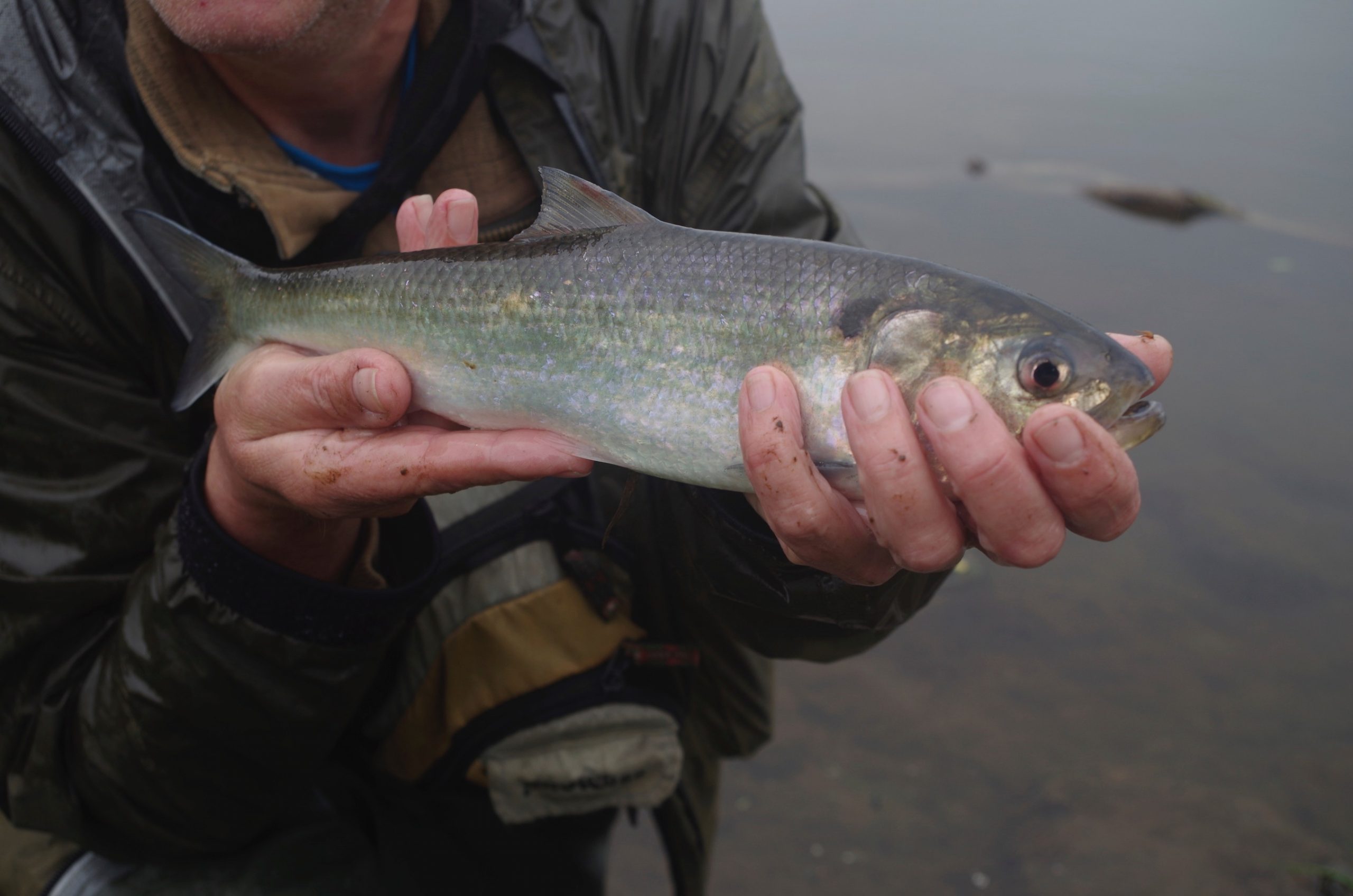
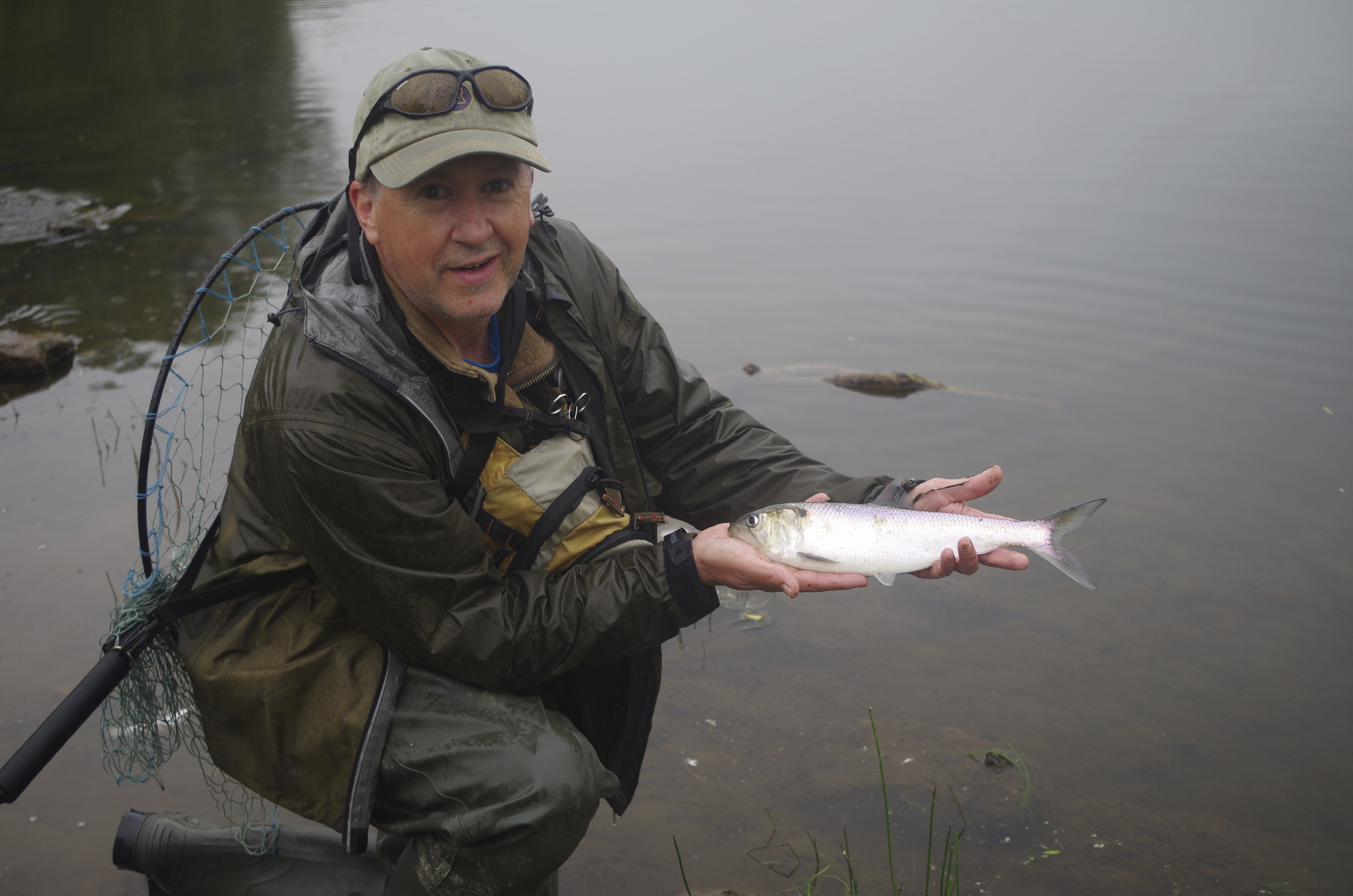
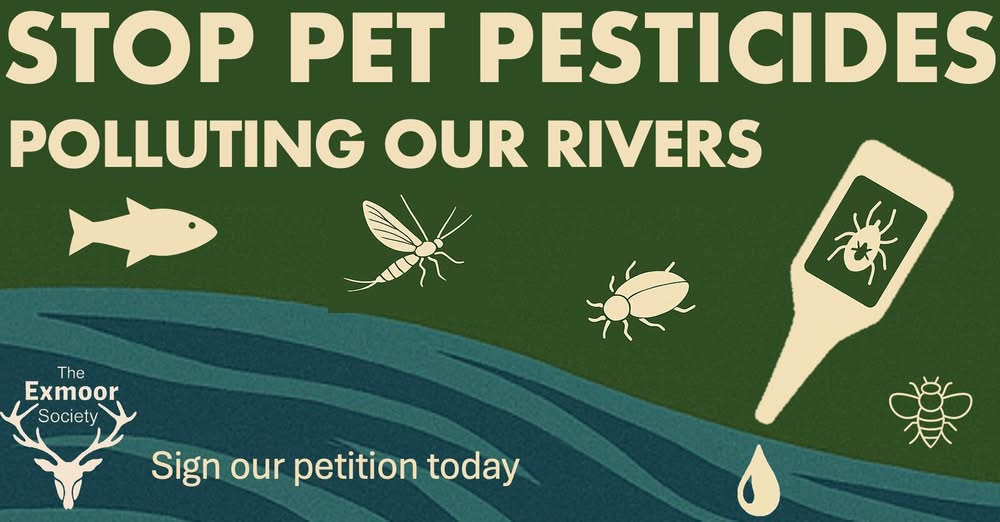
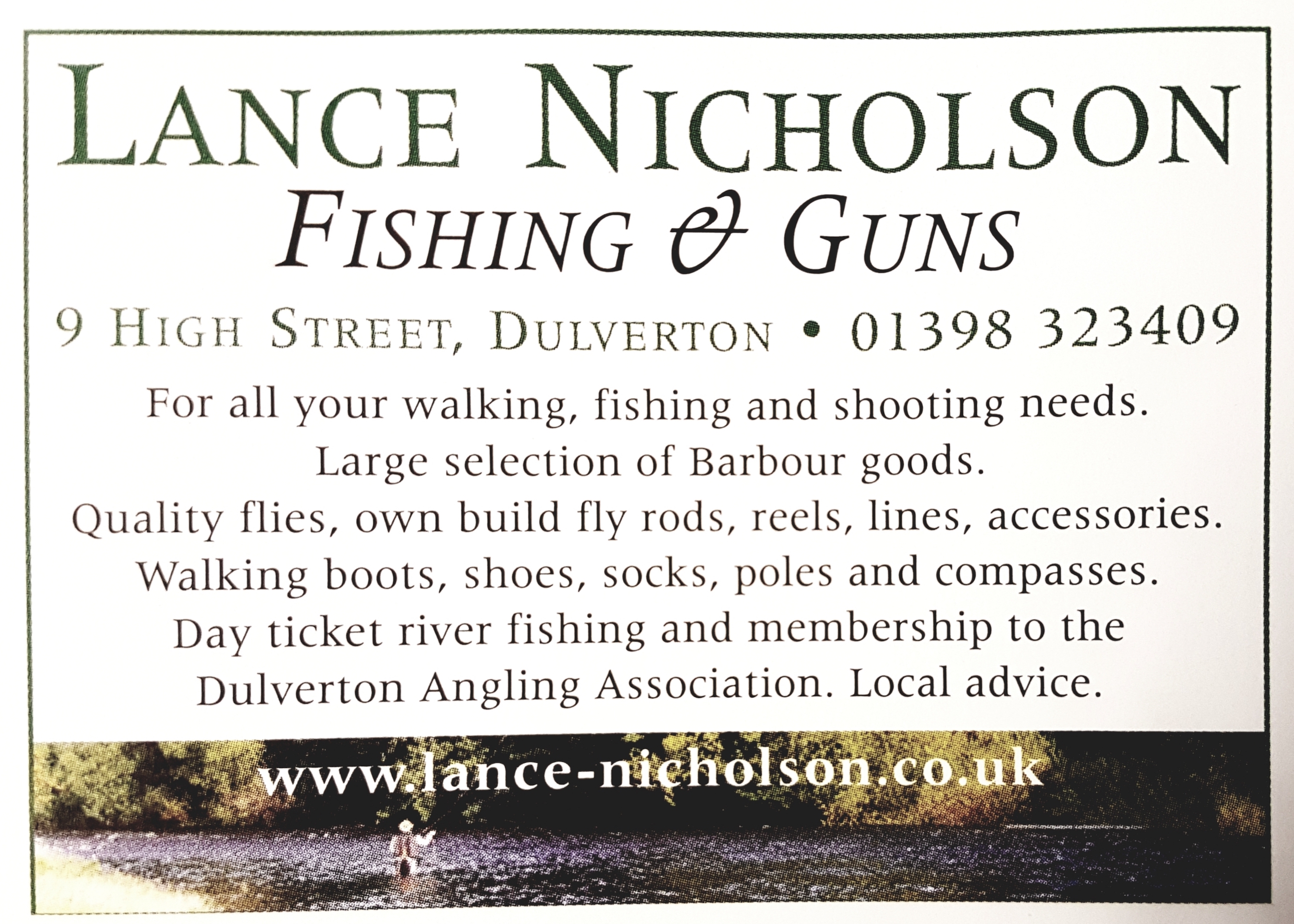
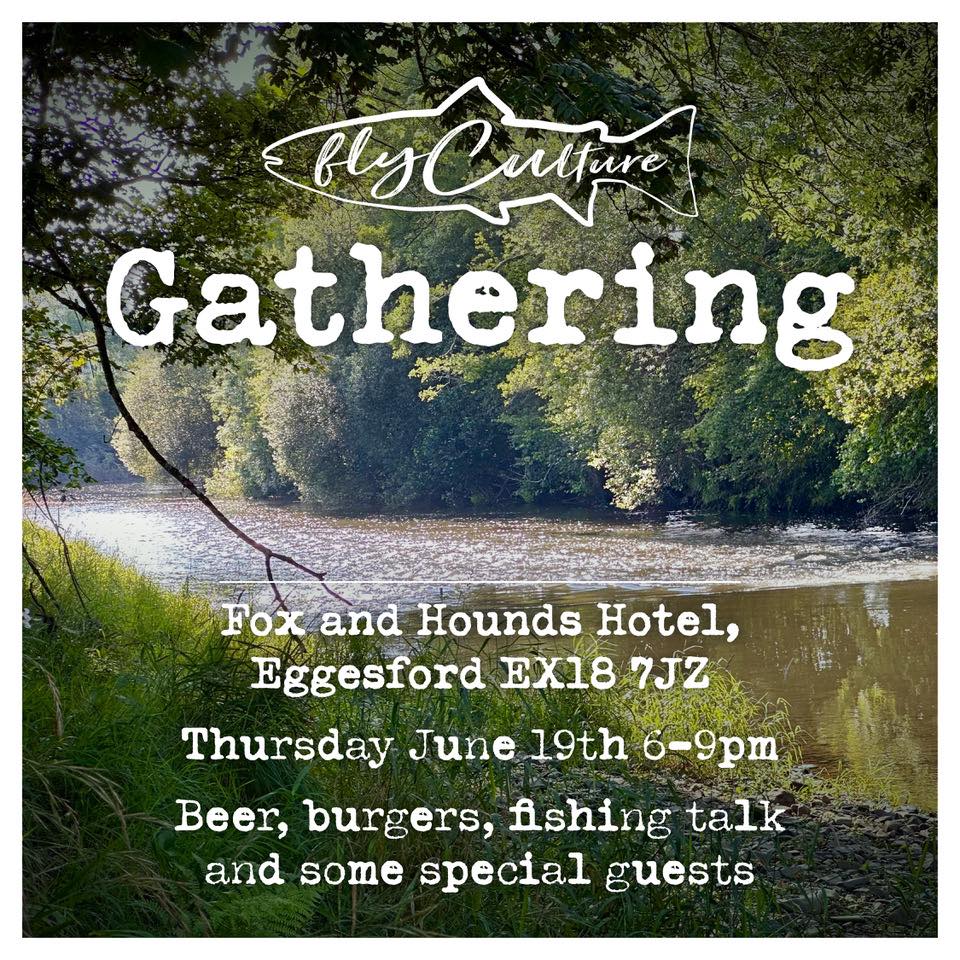
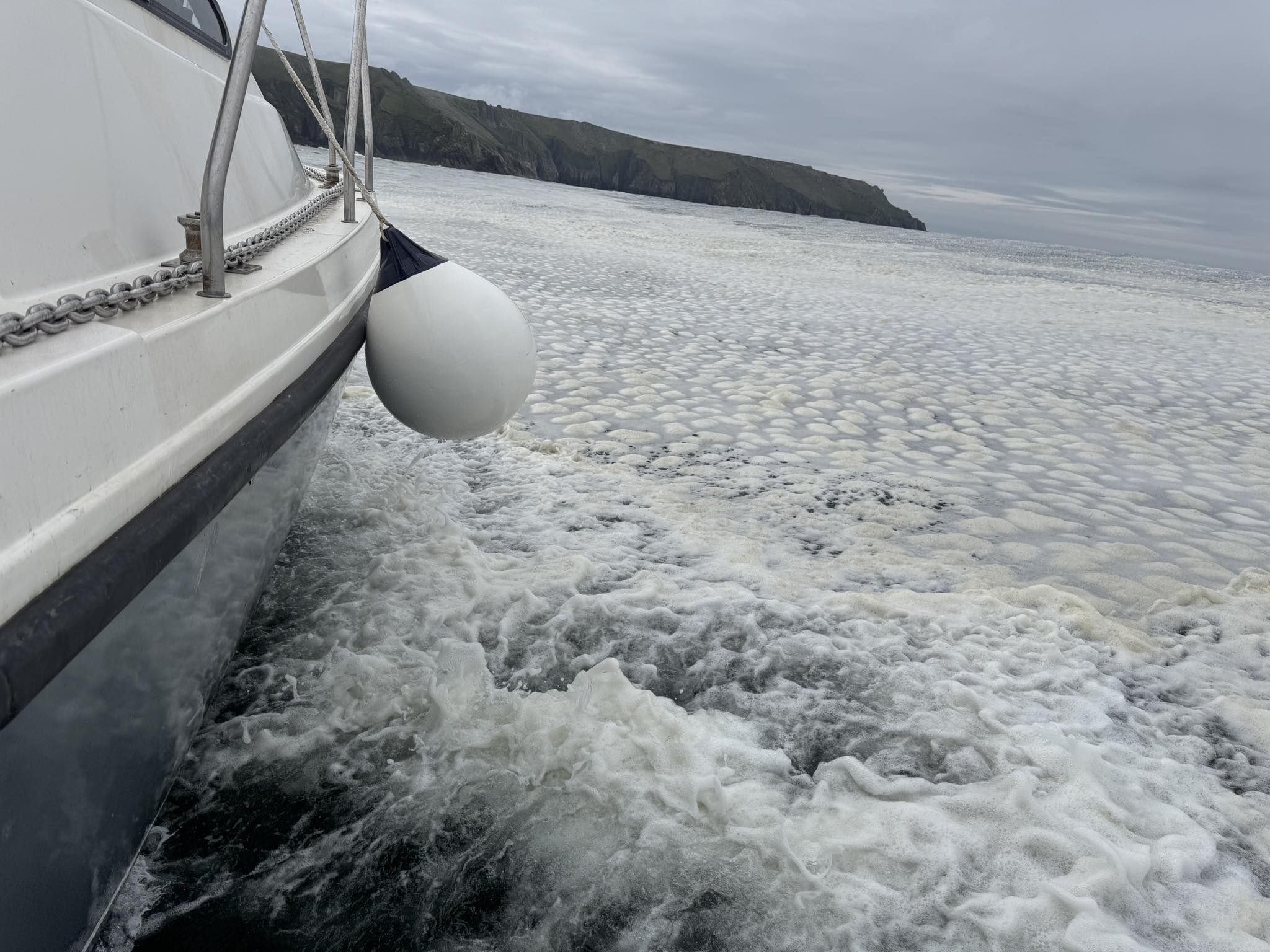
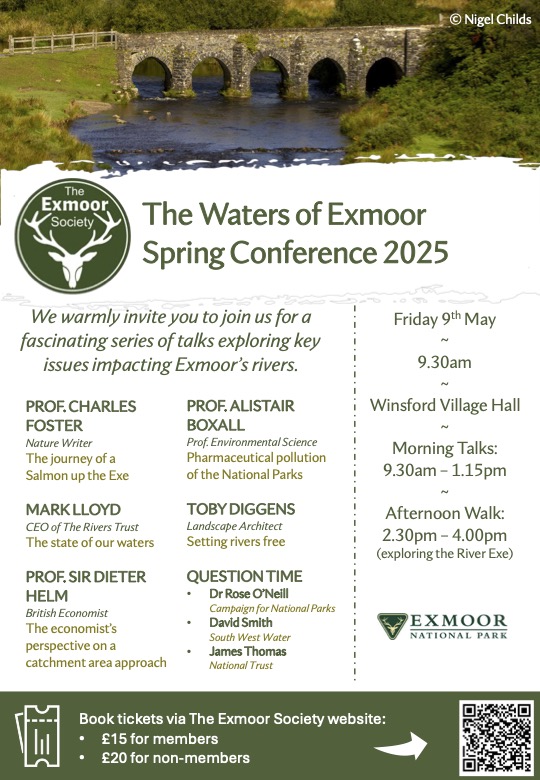

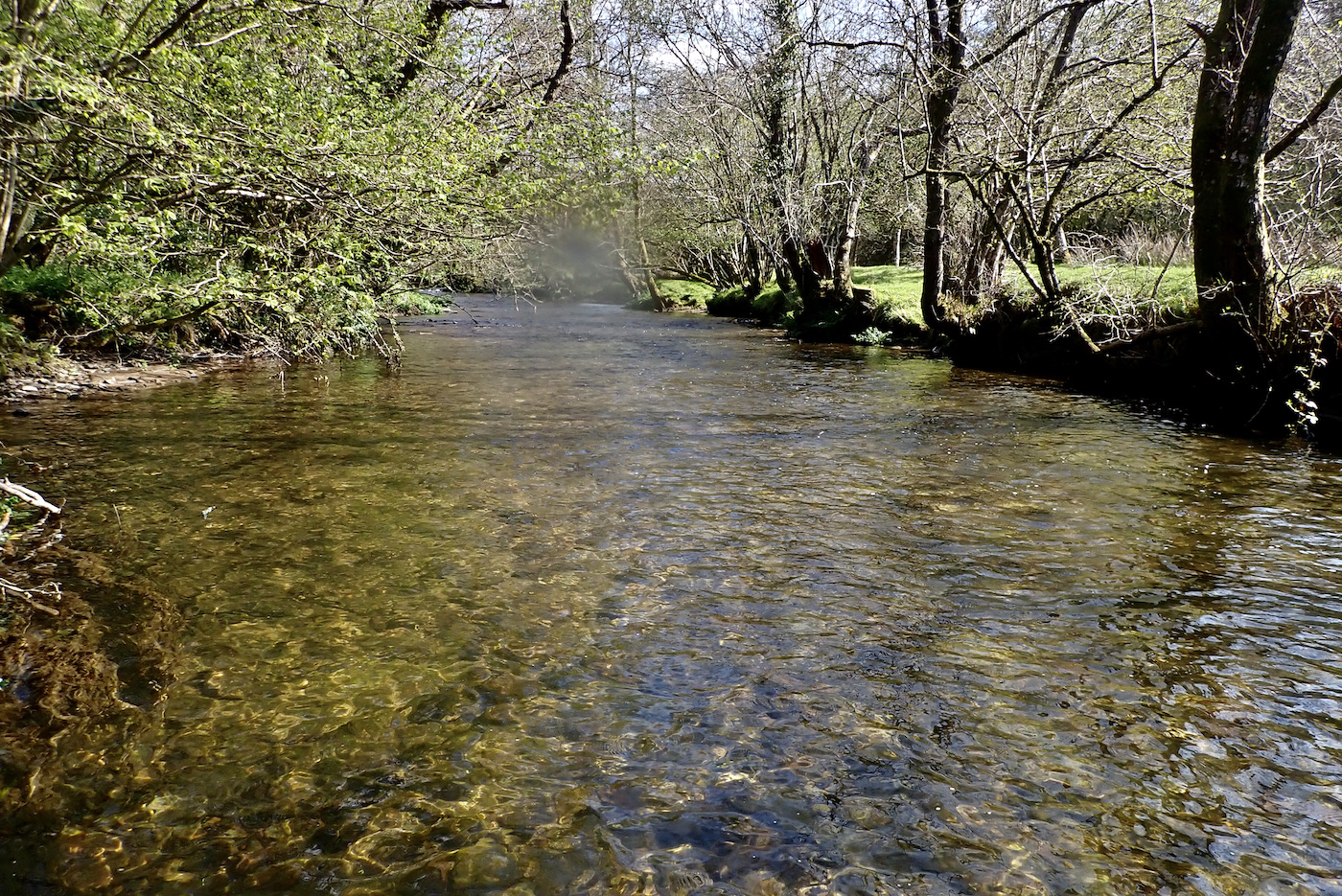
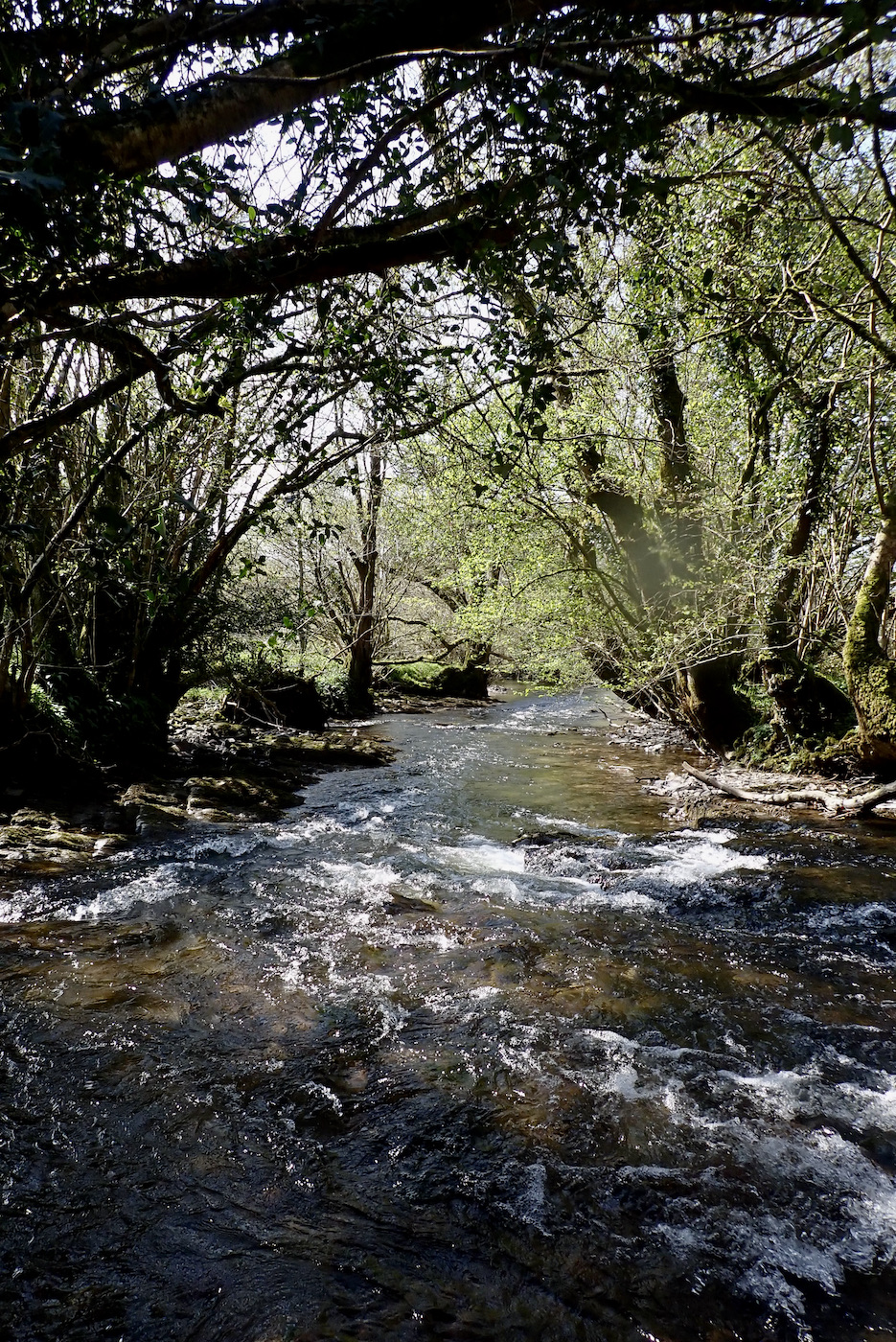 Eventually I found a couple of better fish in a shady section of river the best an absolutely stunning wild brown trout of 12”.
Eventually I found a couple of better fish in a shady section of river the best an absolutely stunning wild brown trout of 12”.